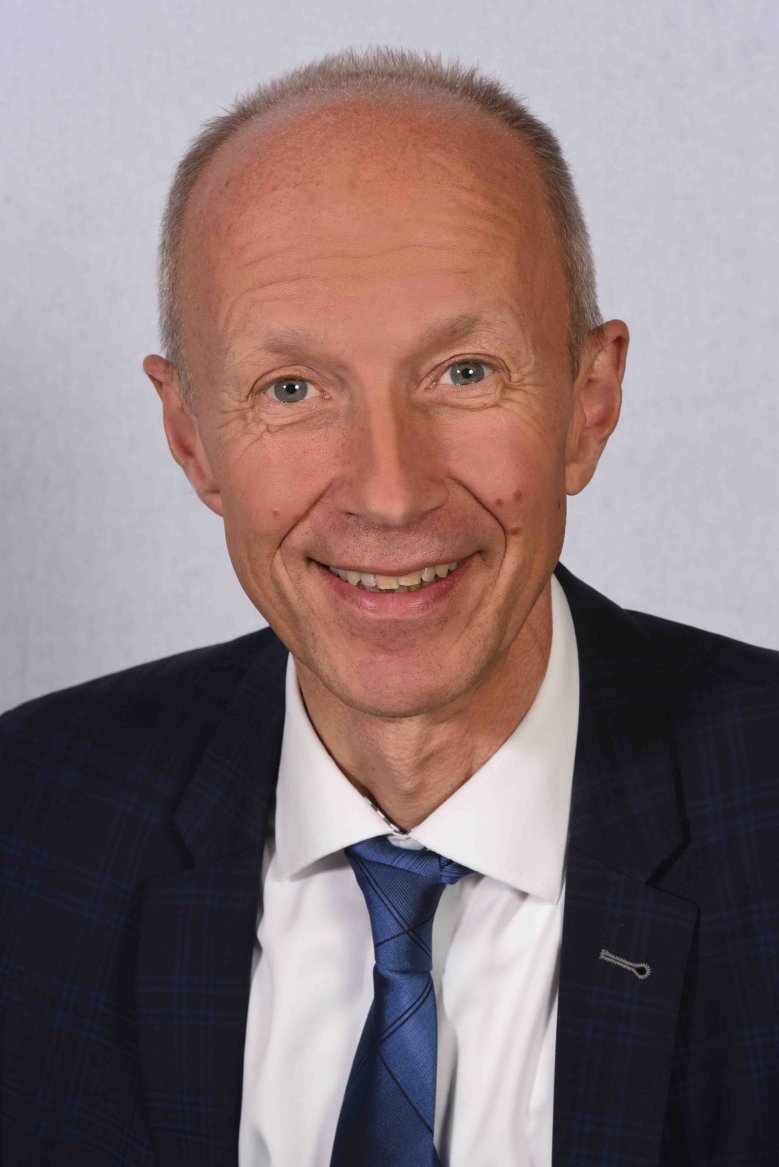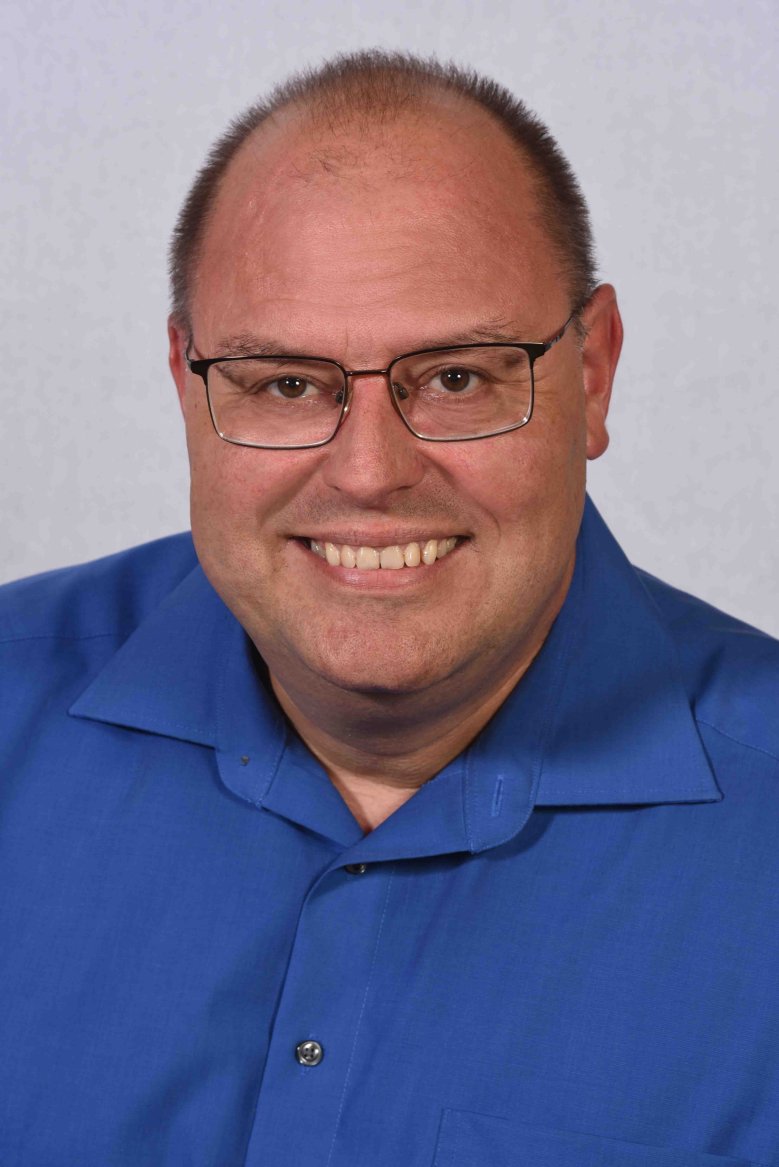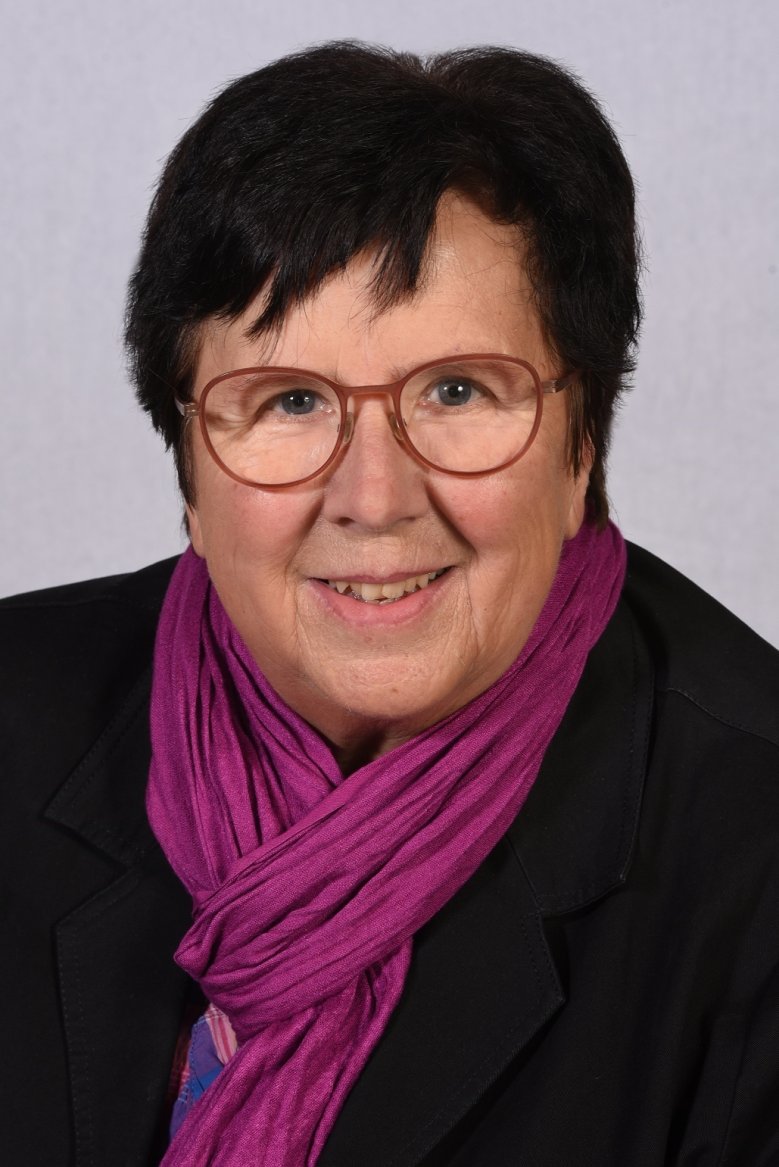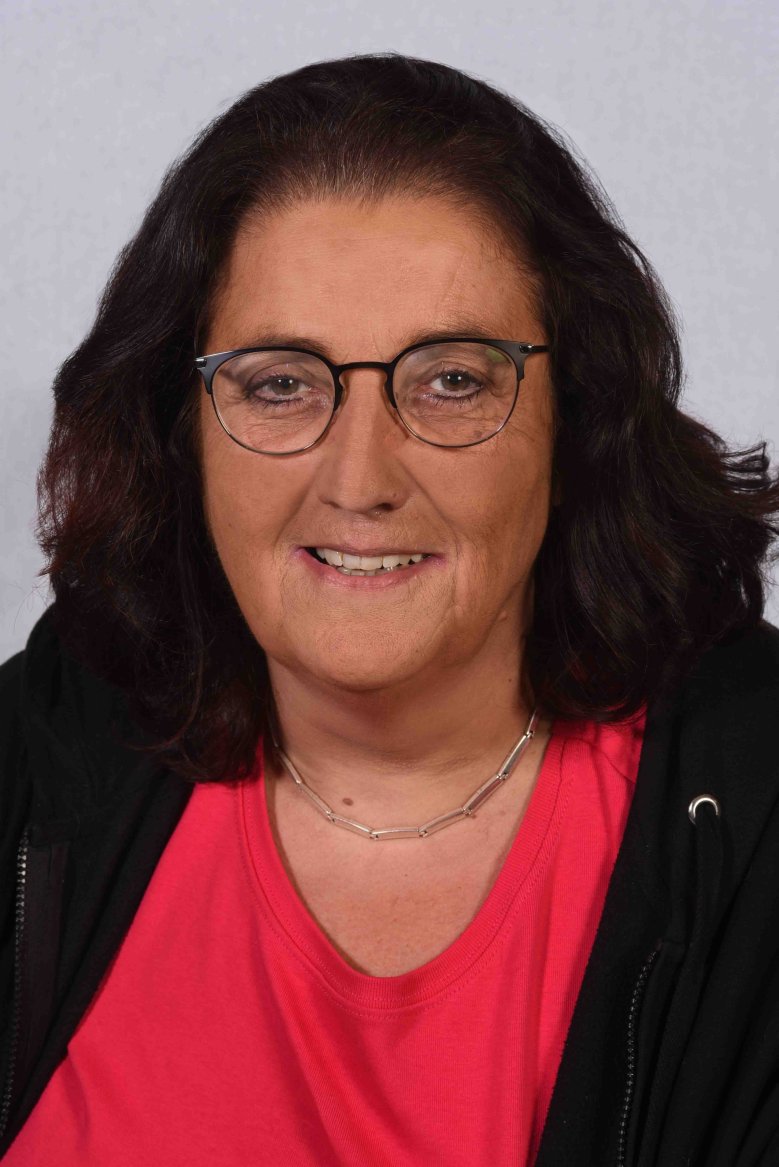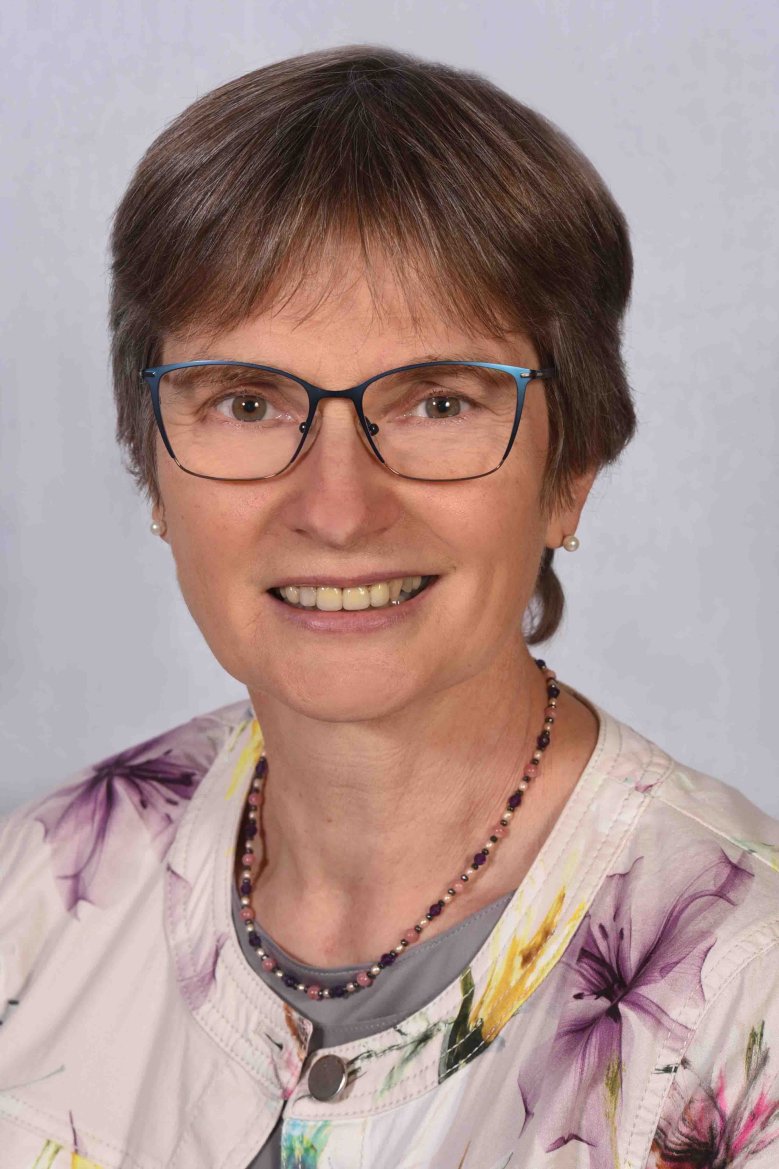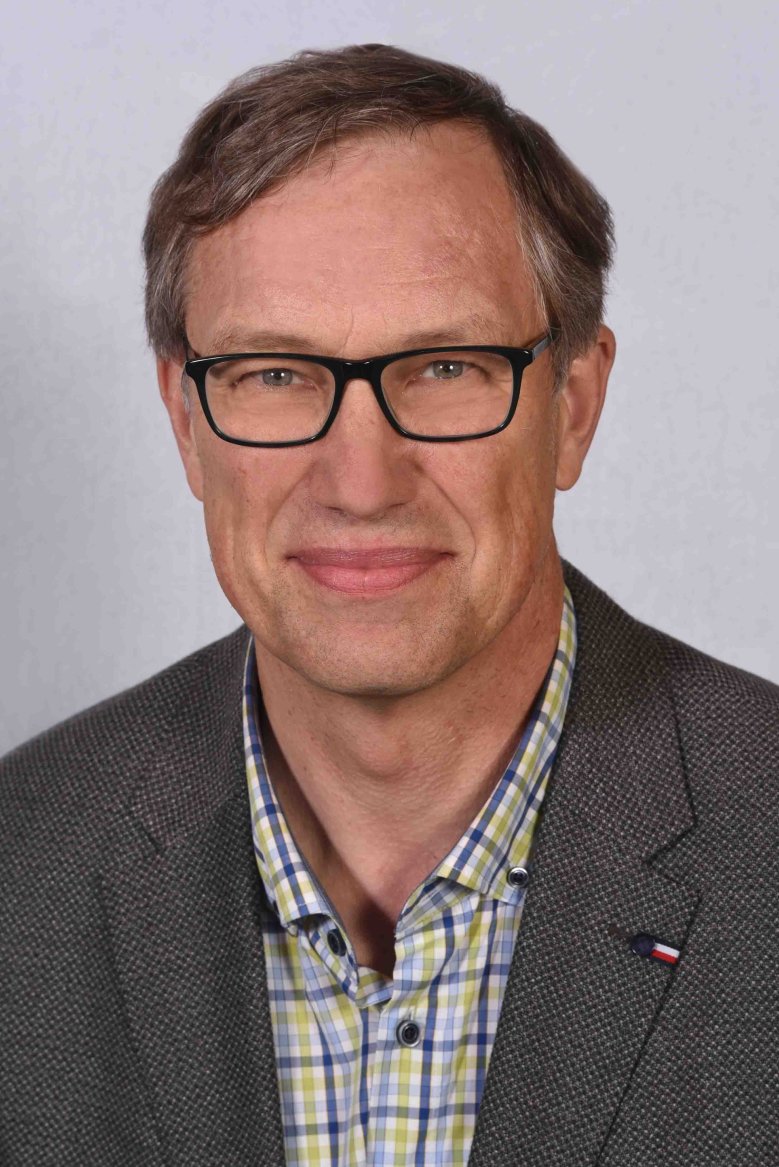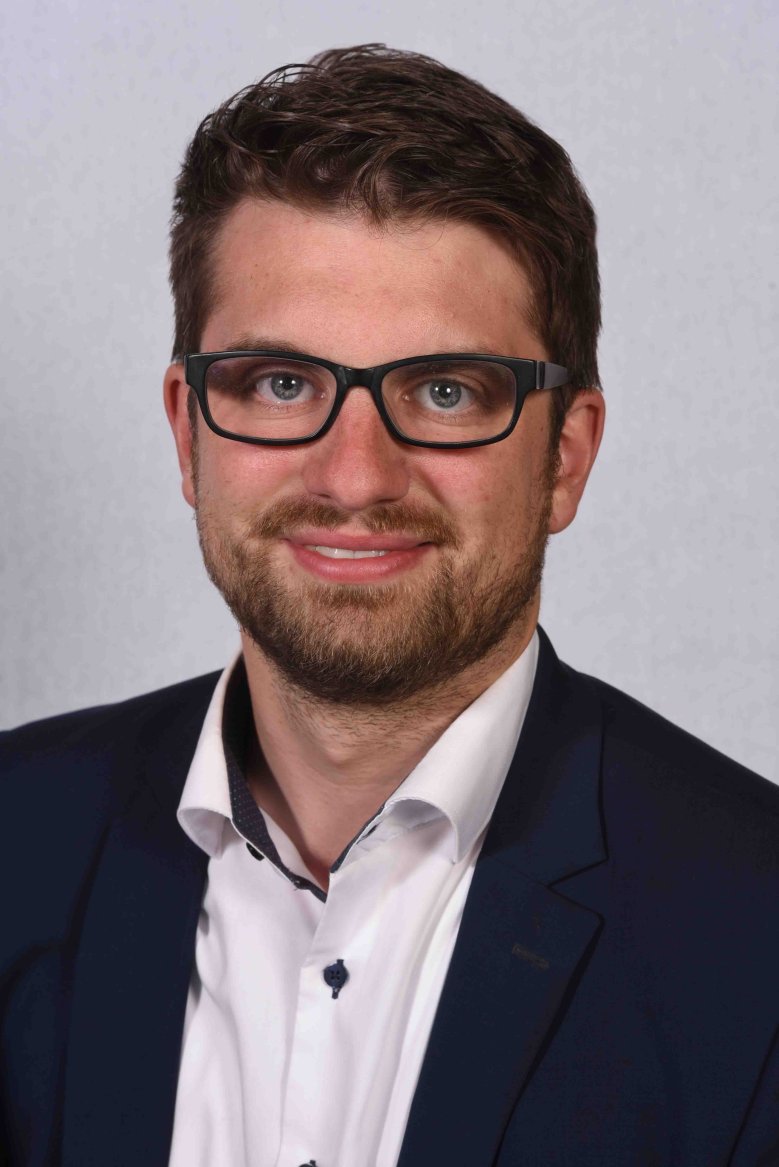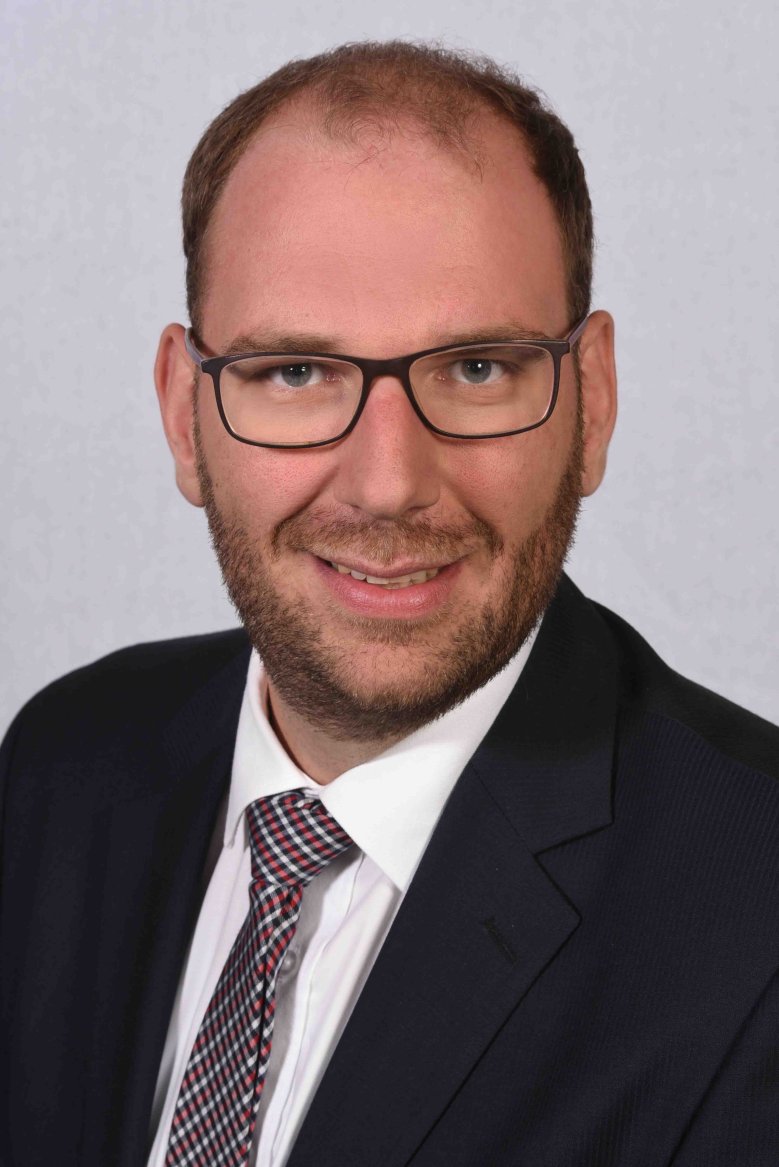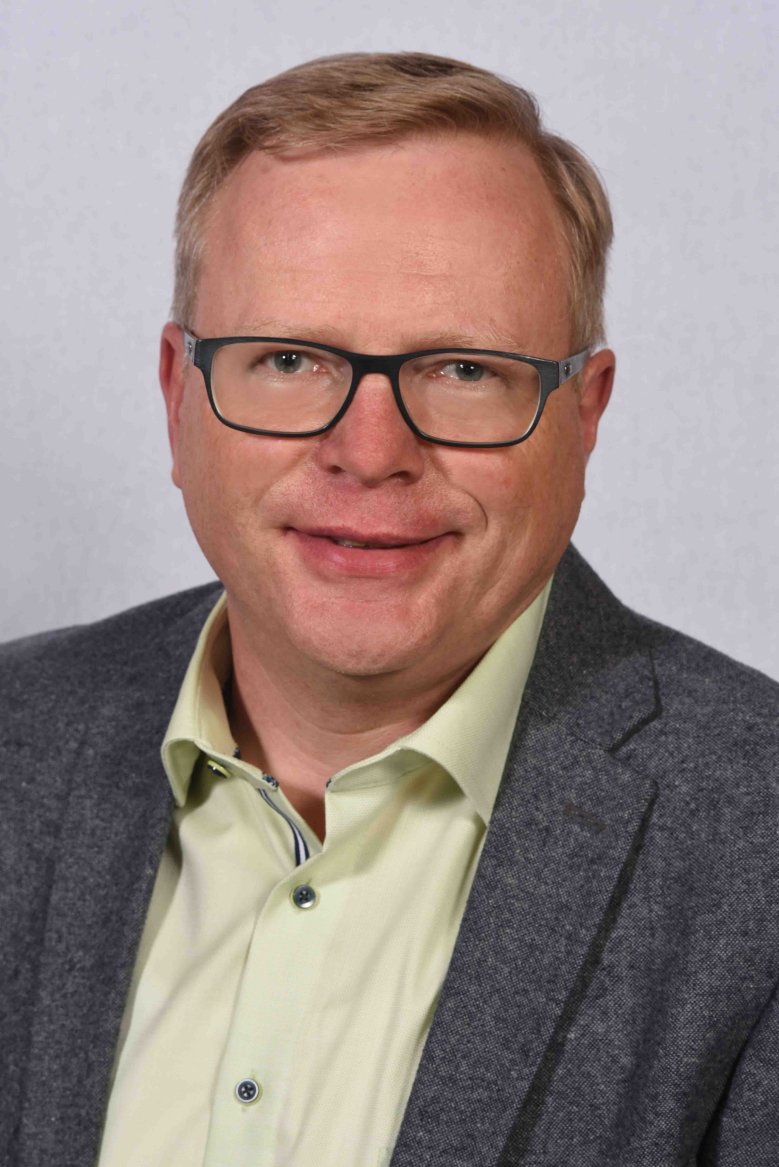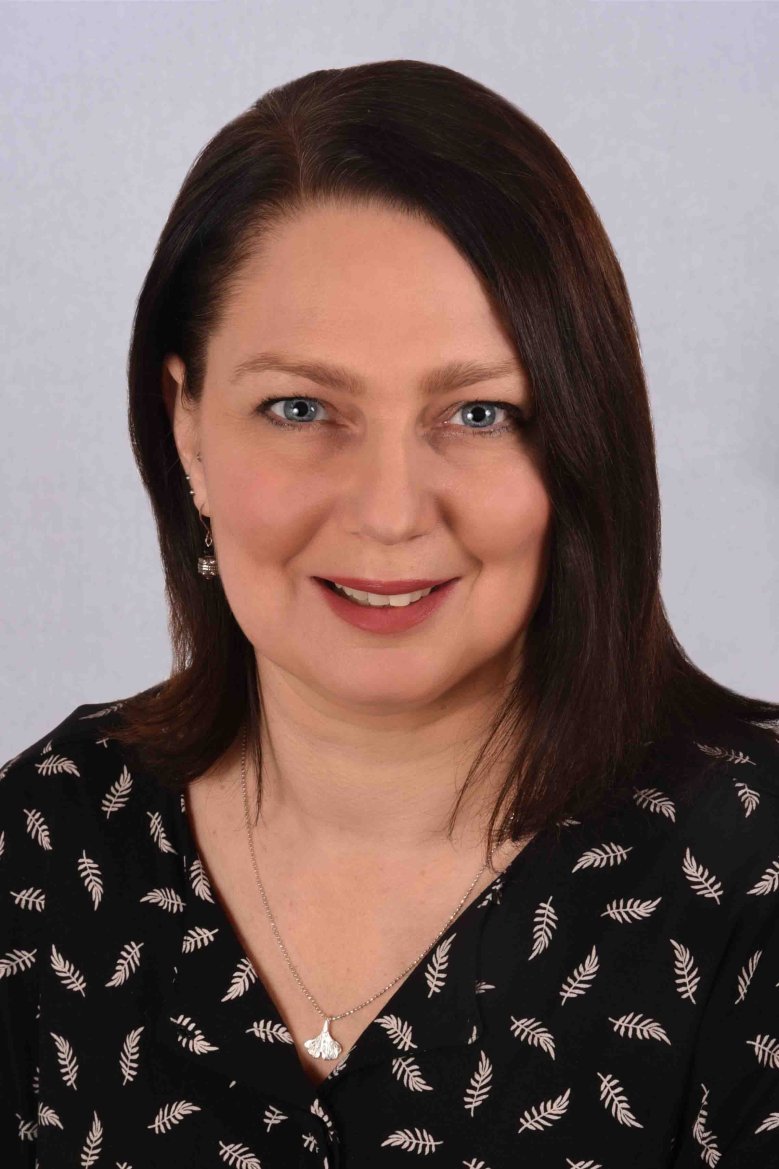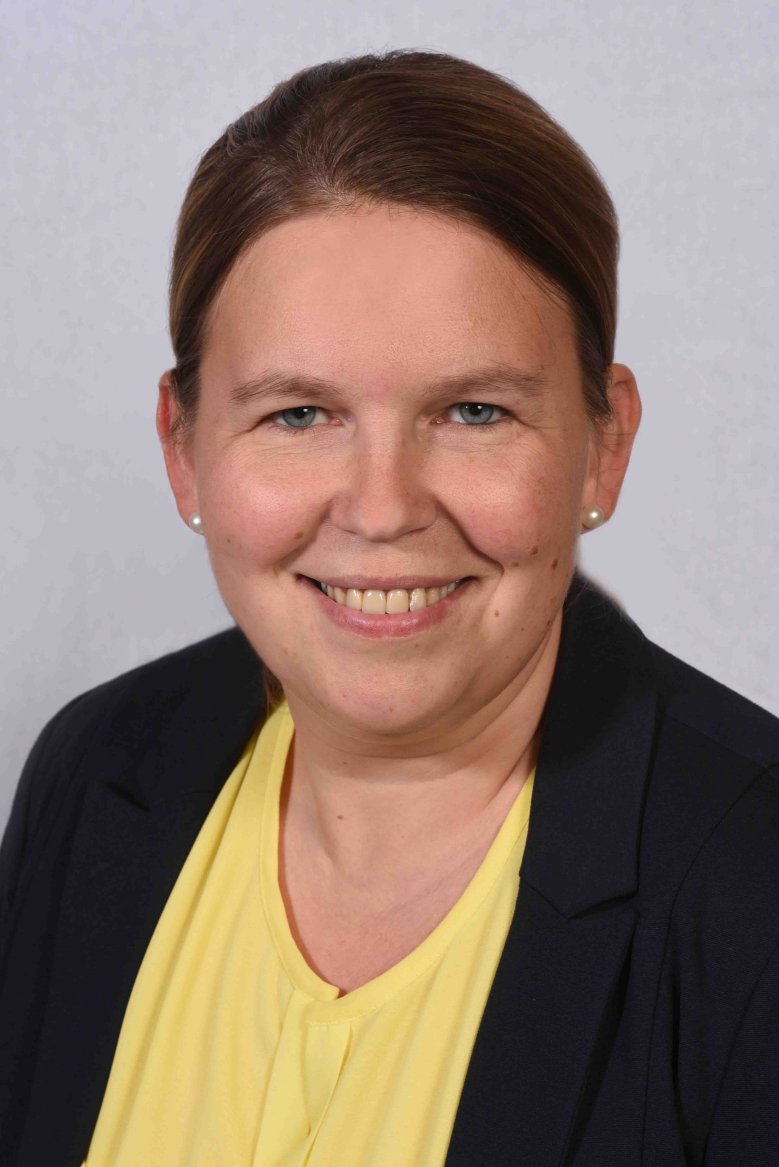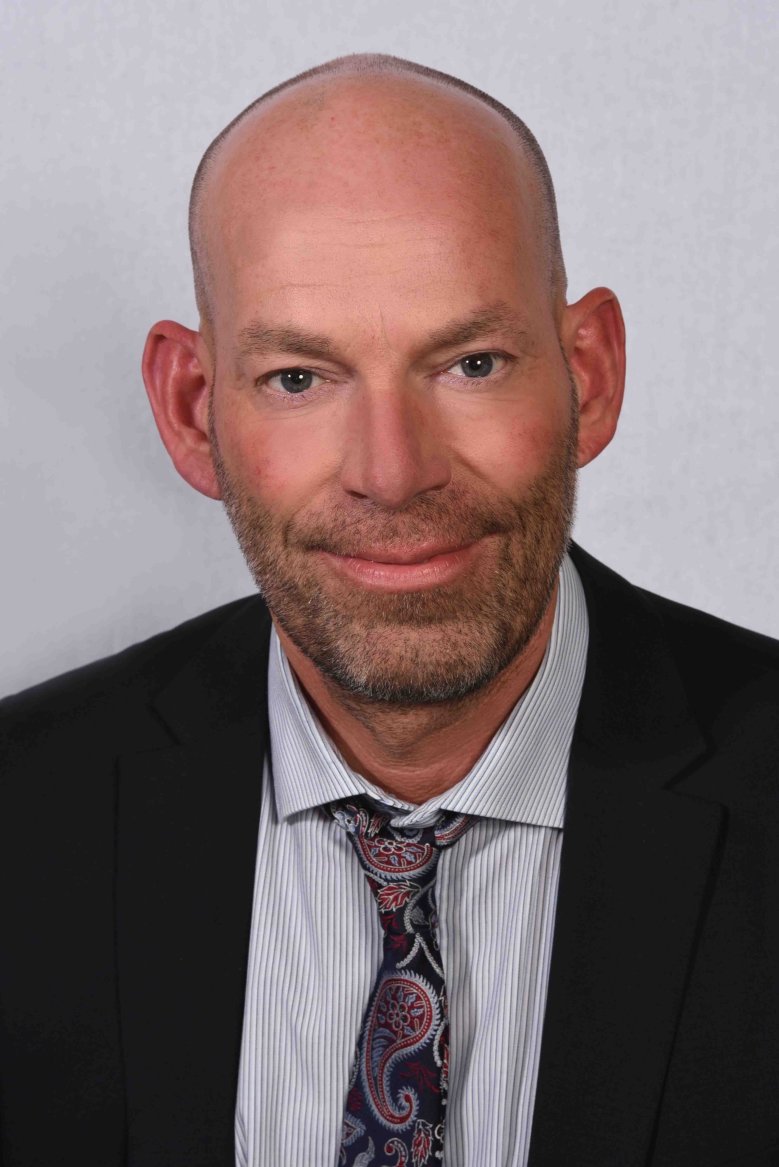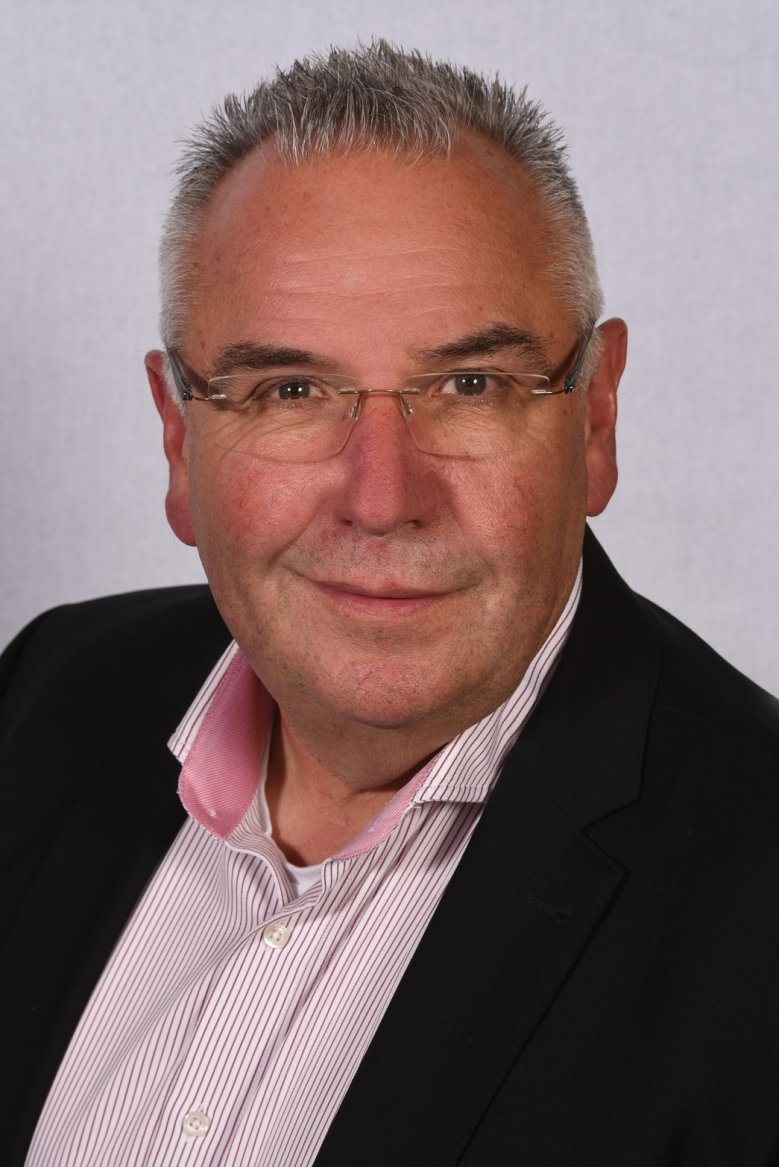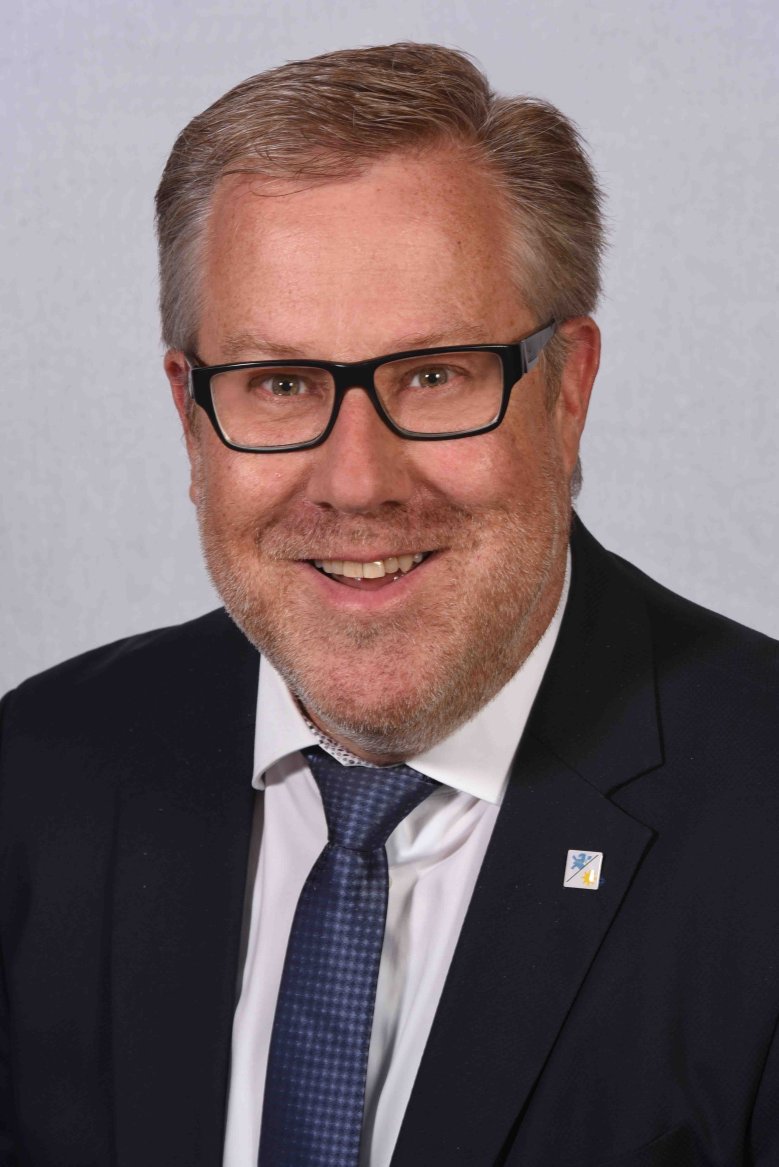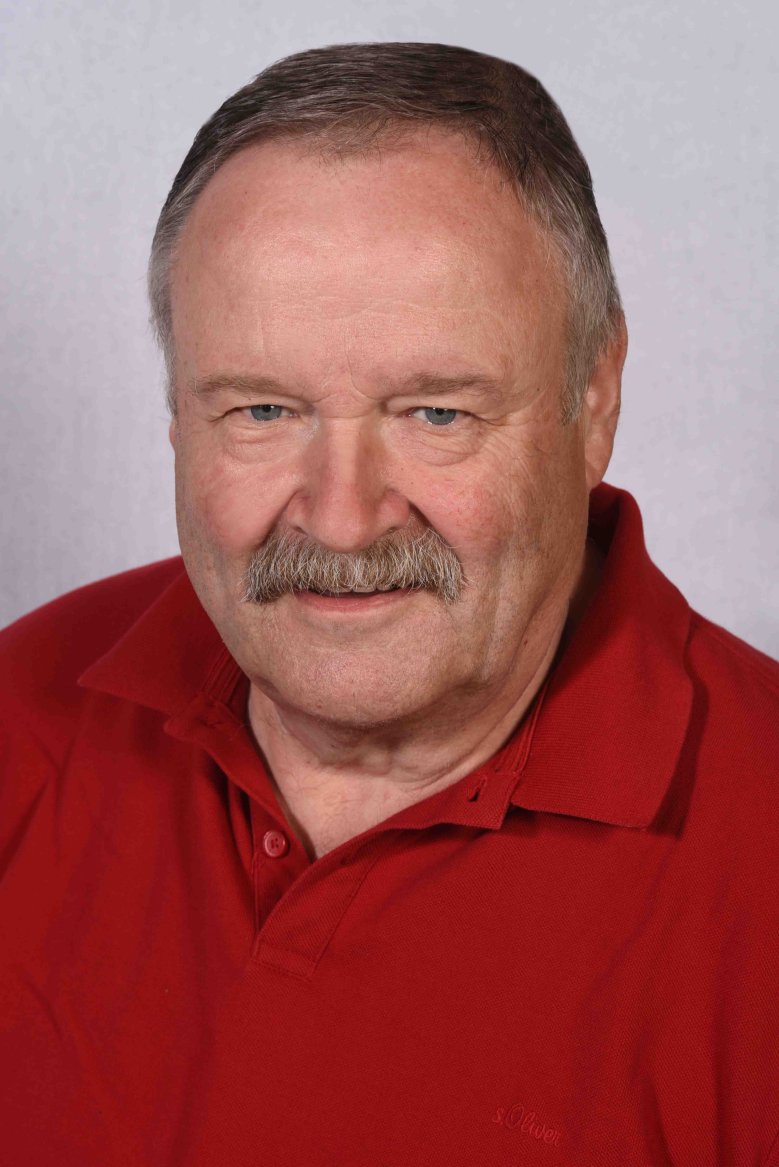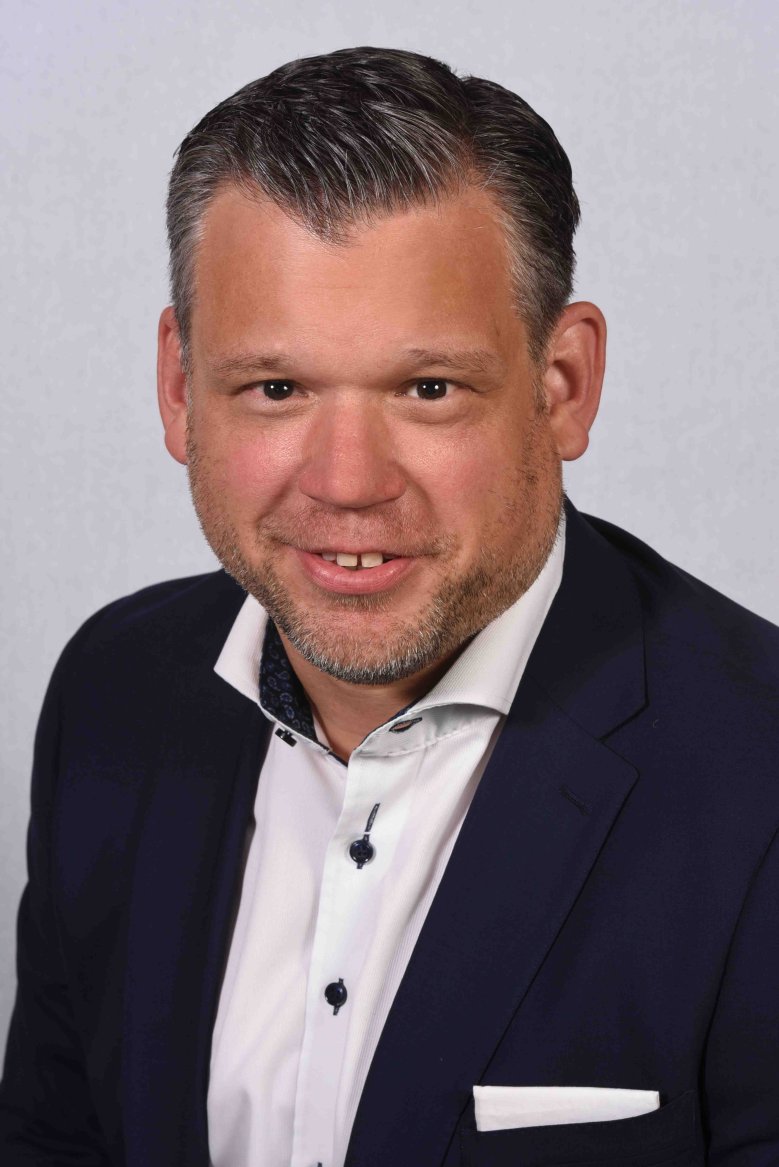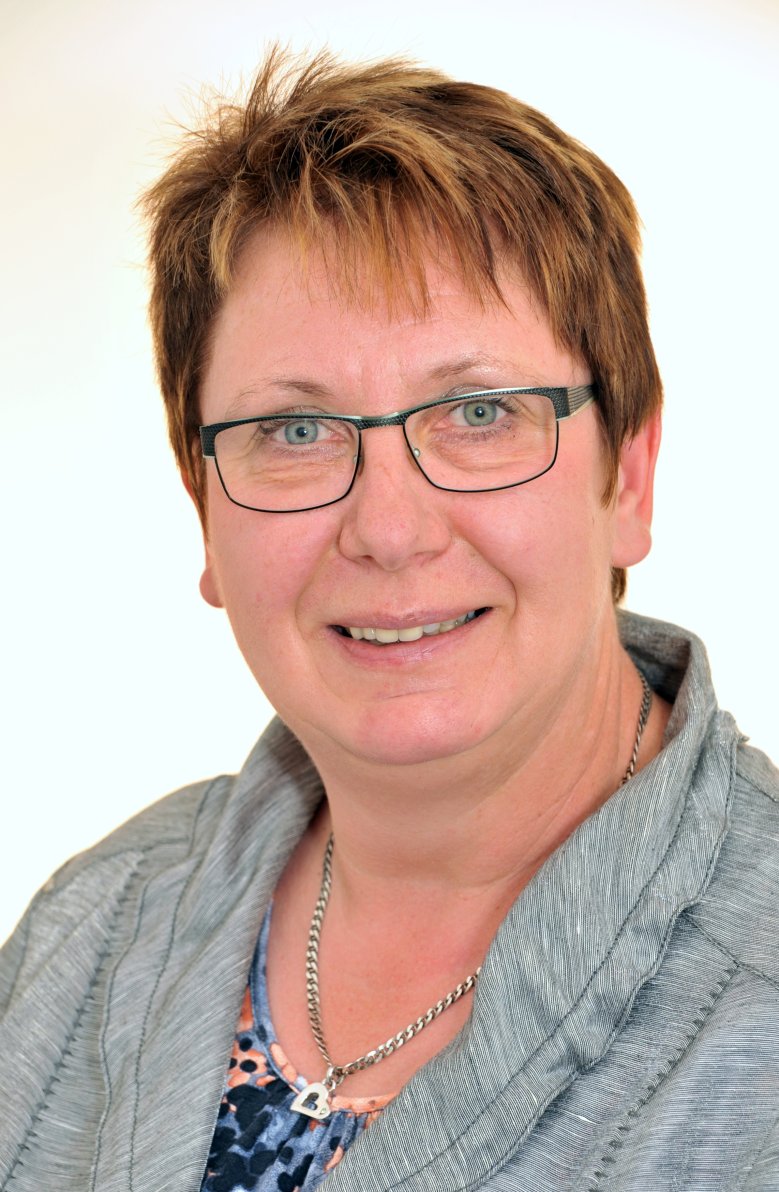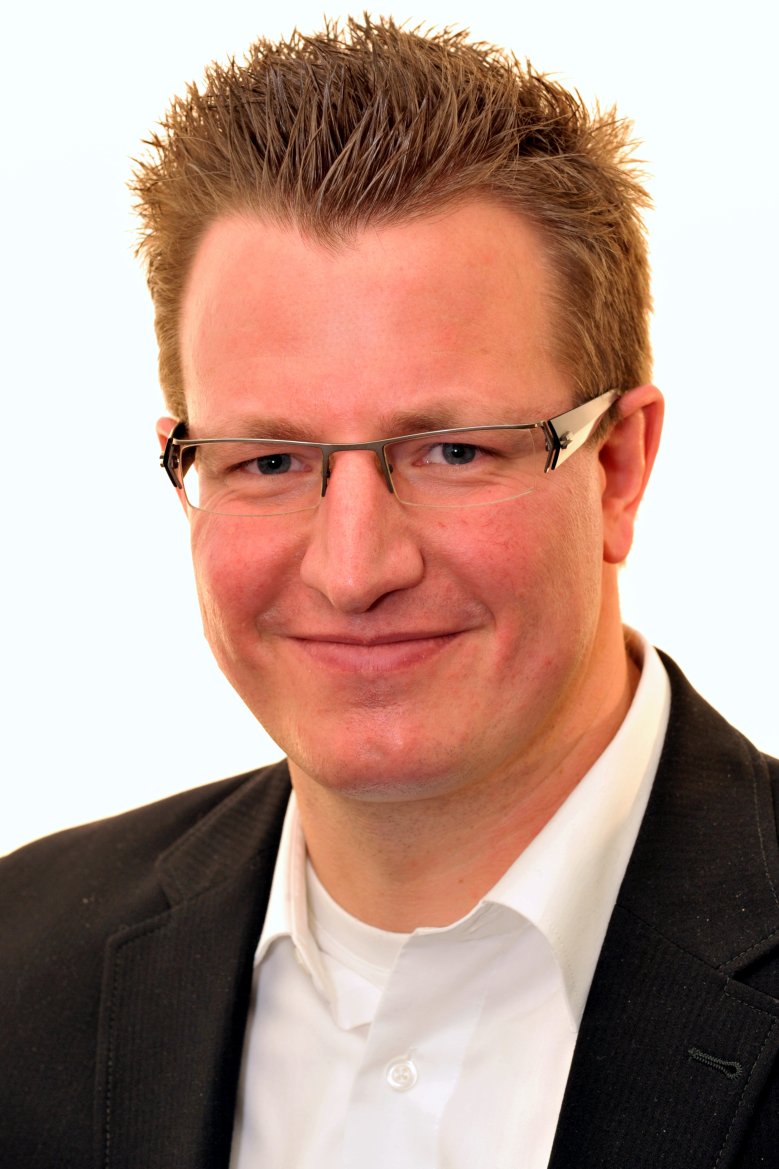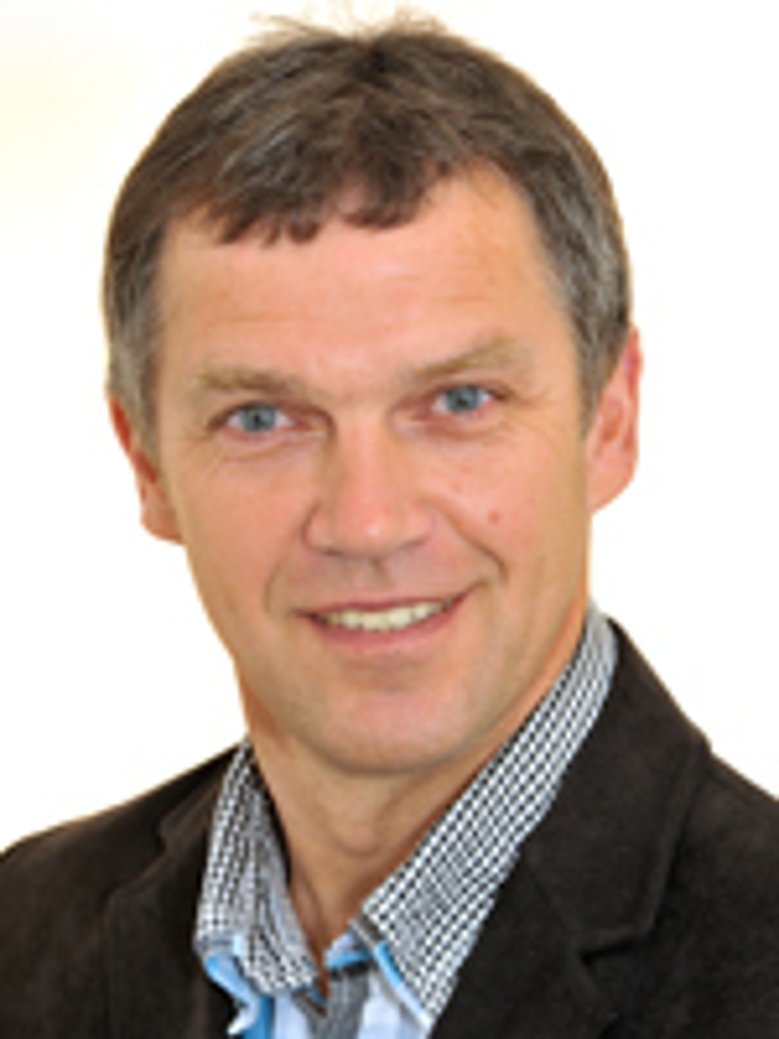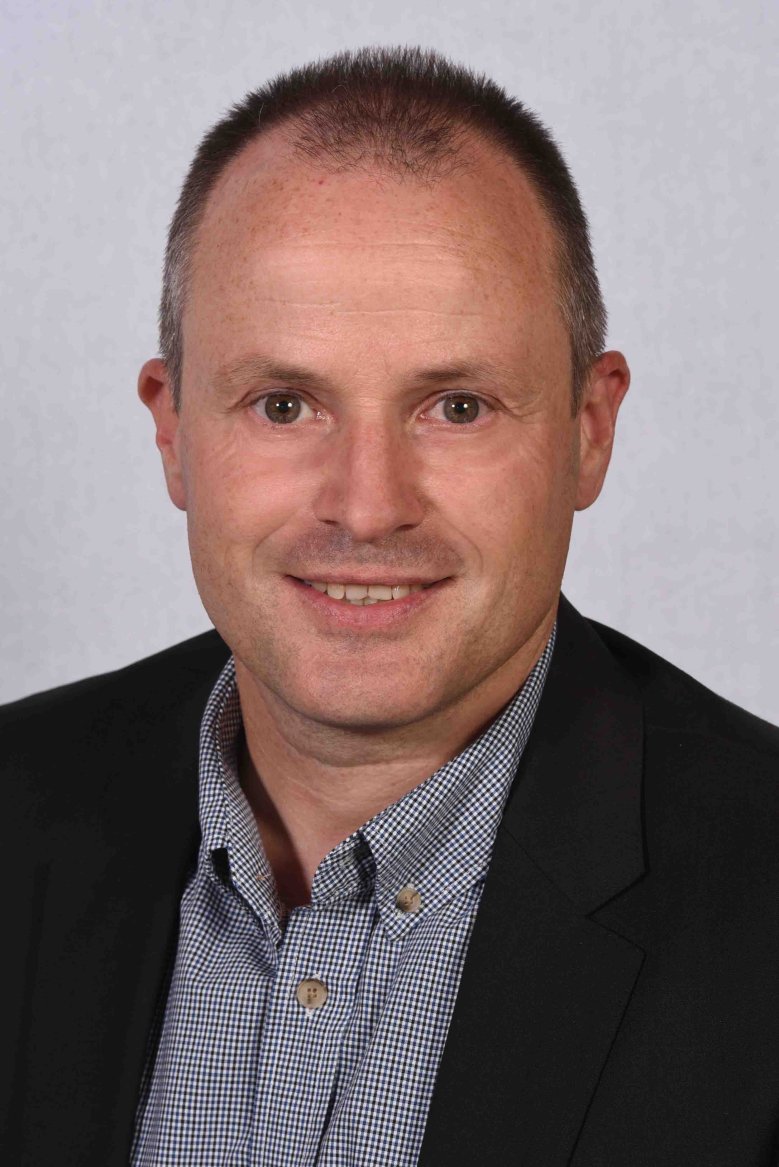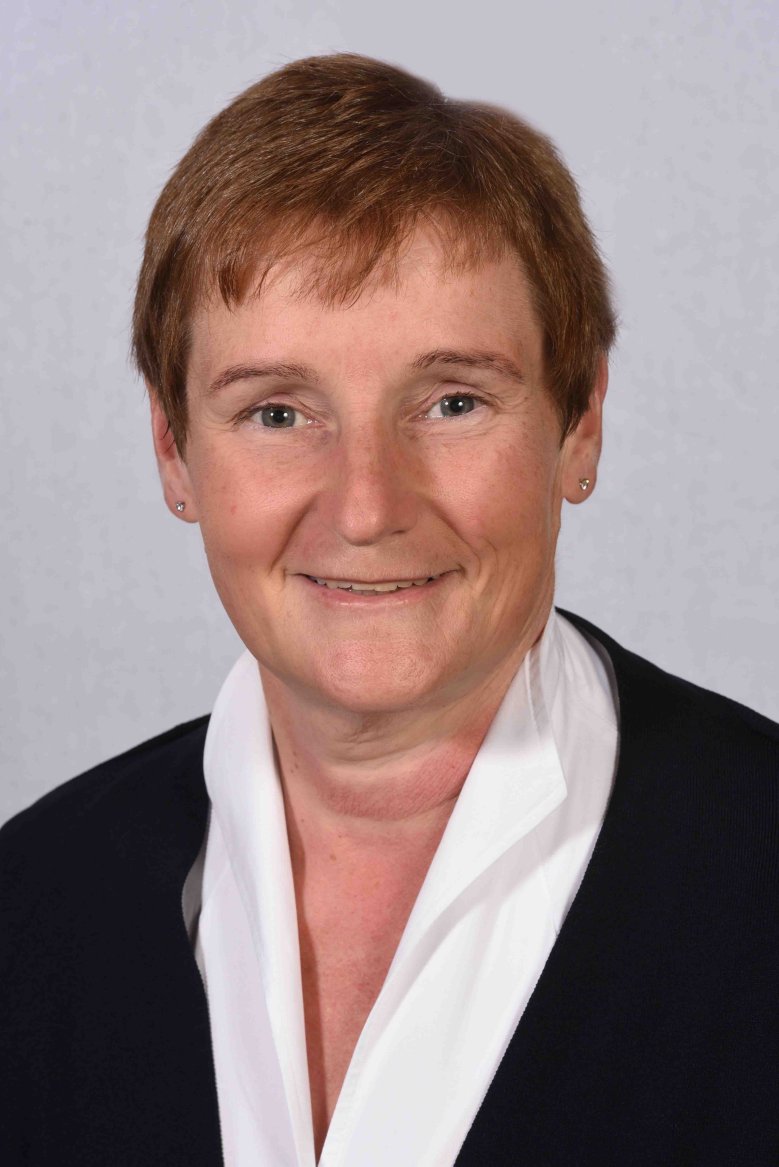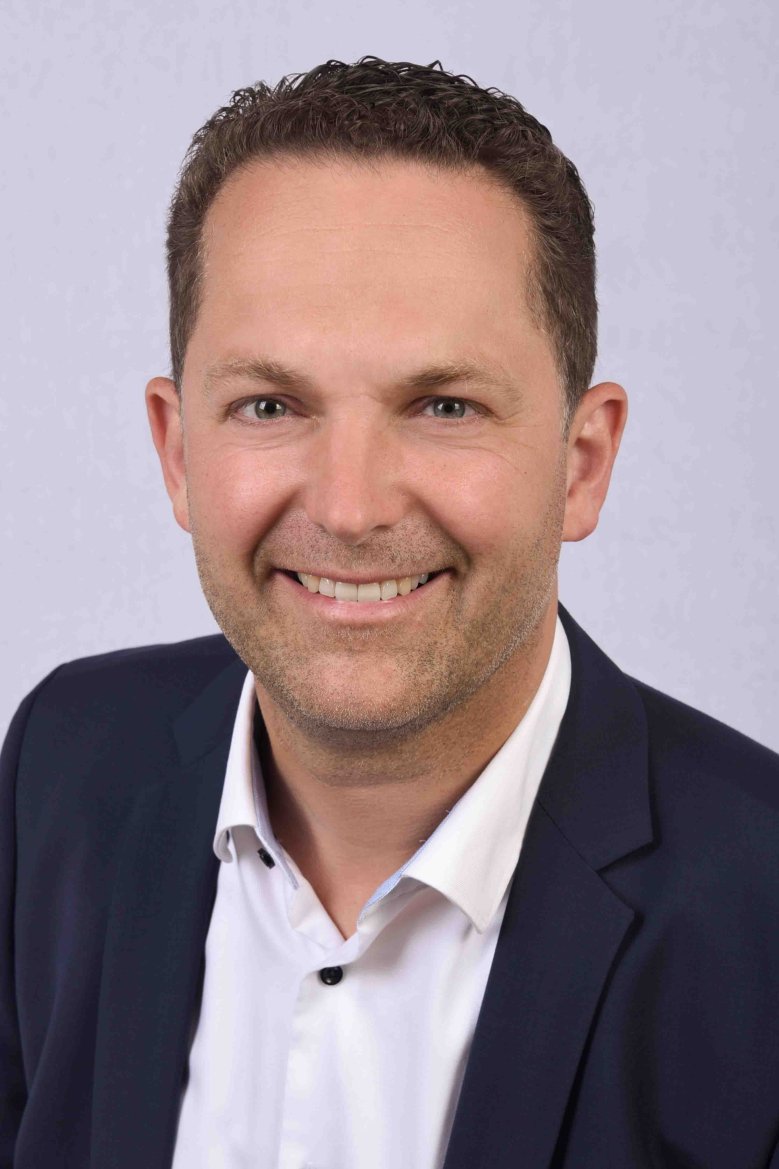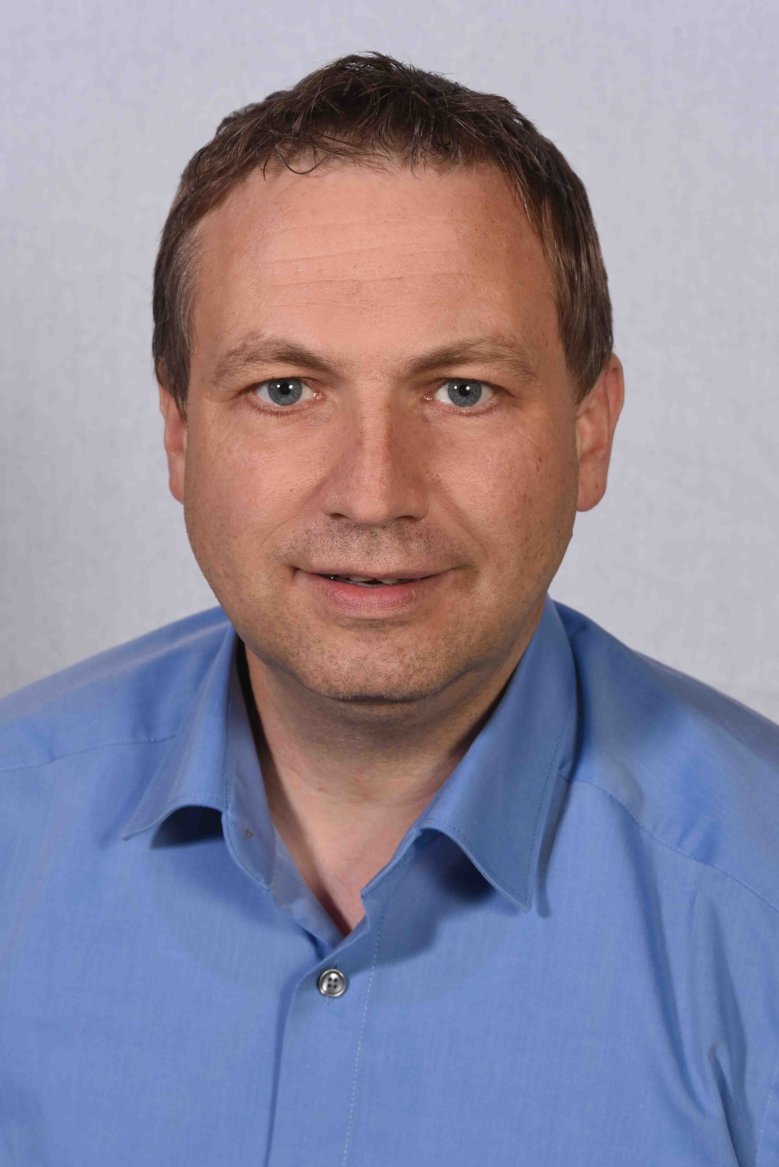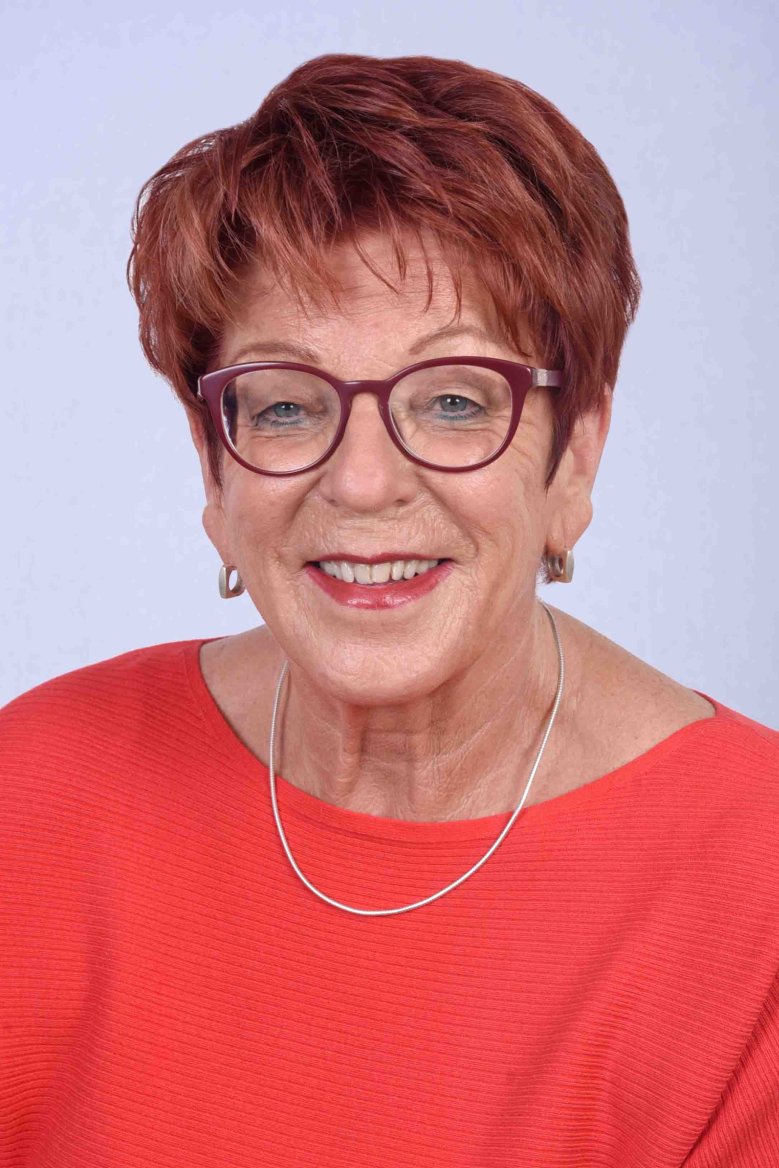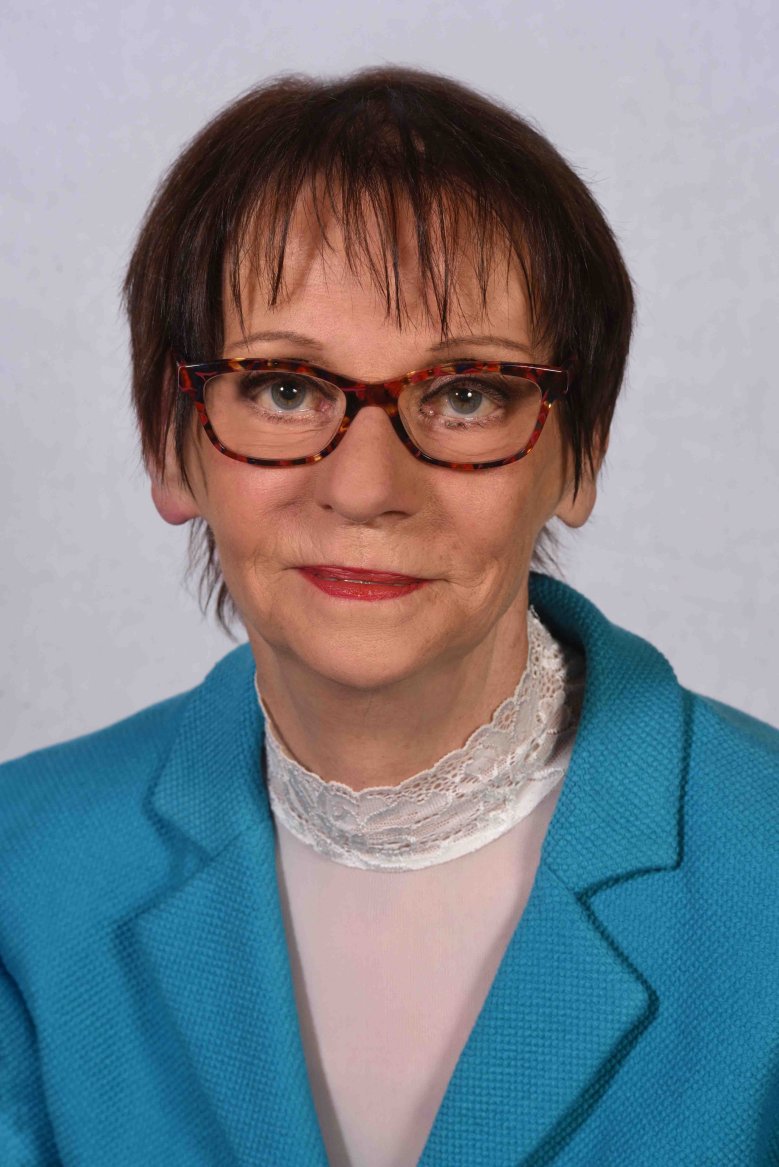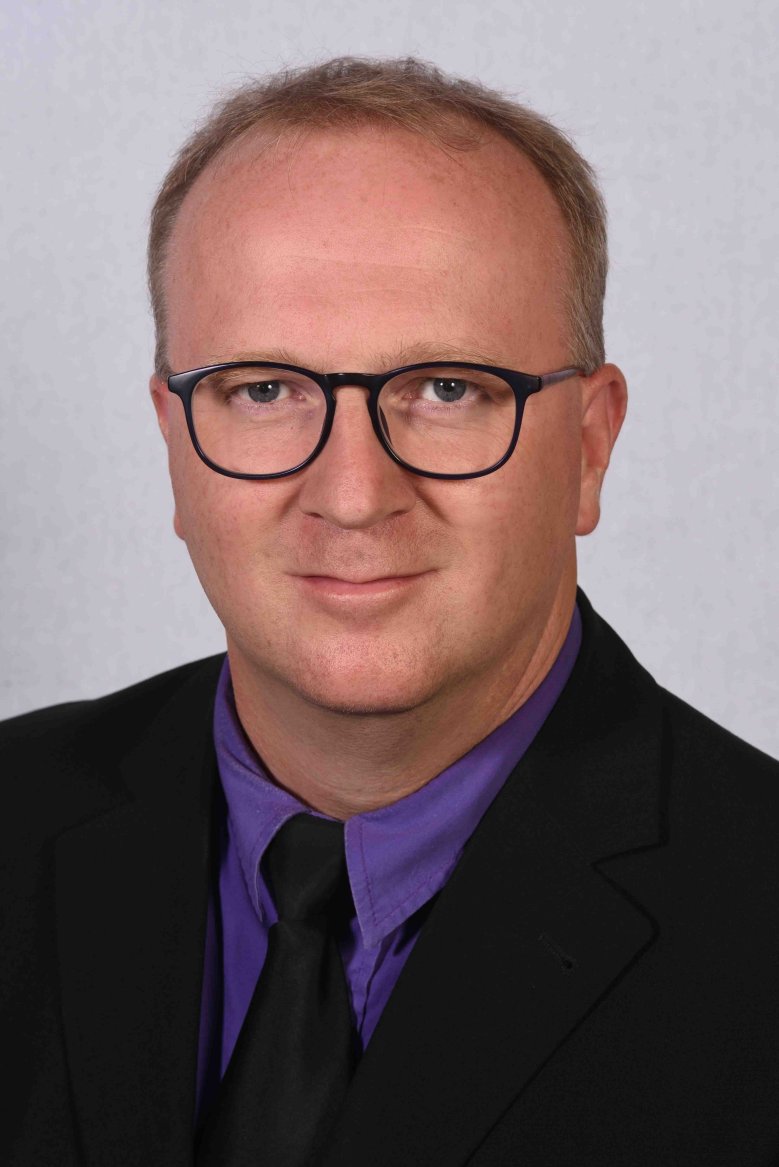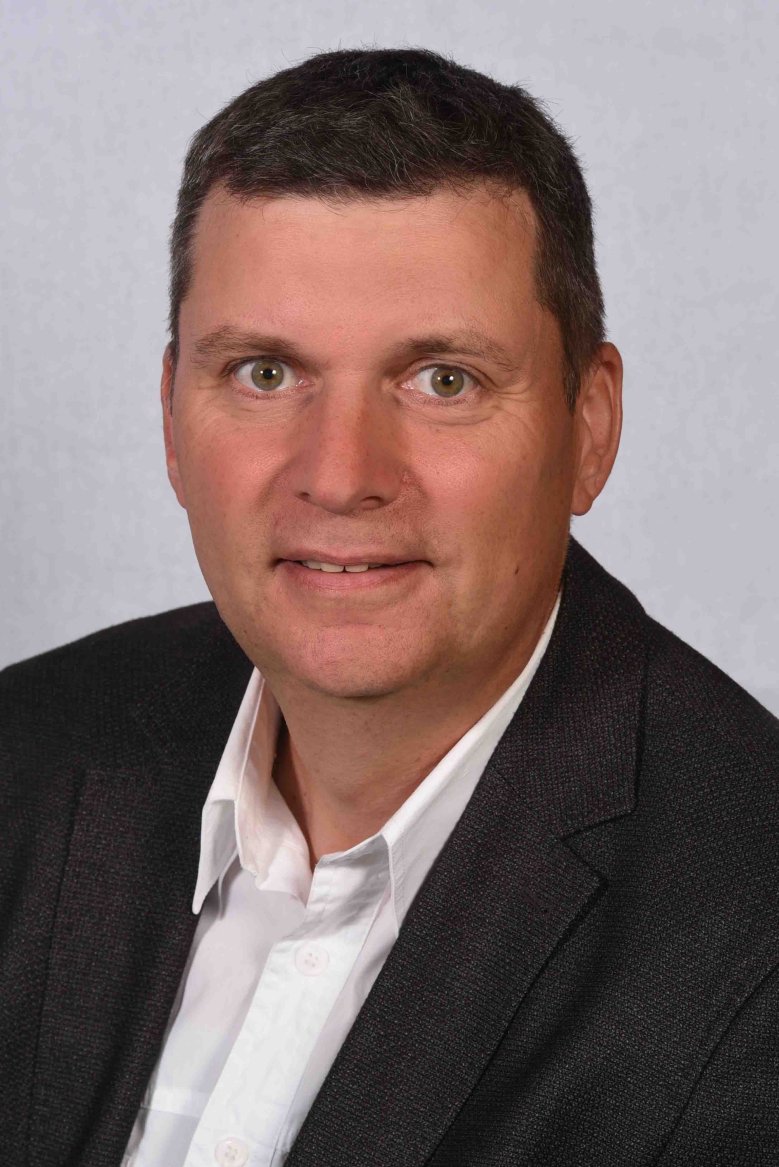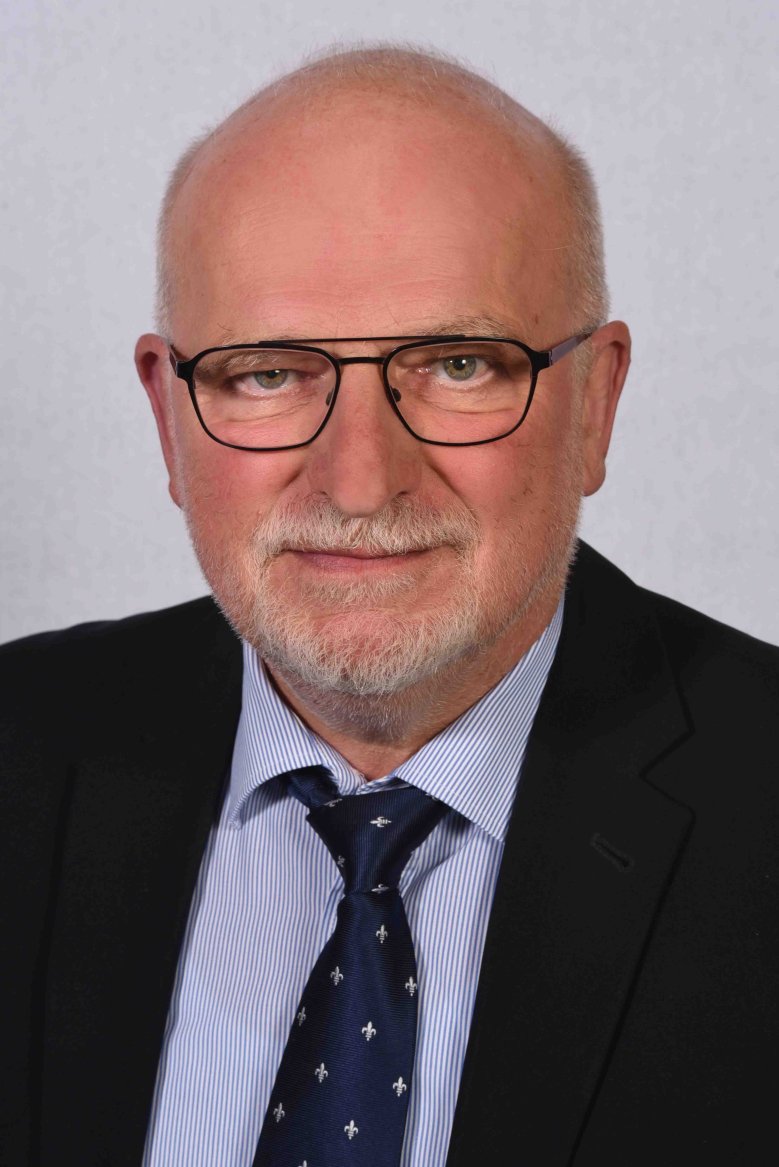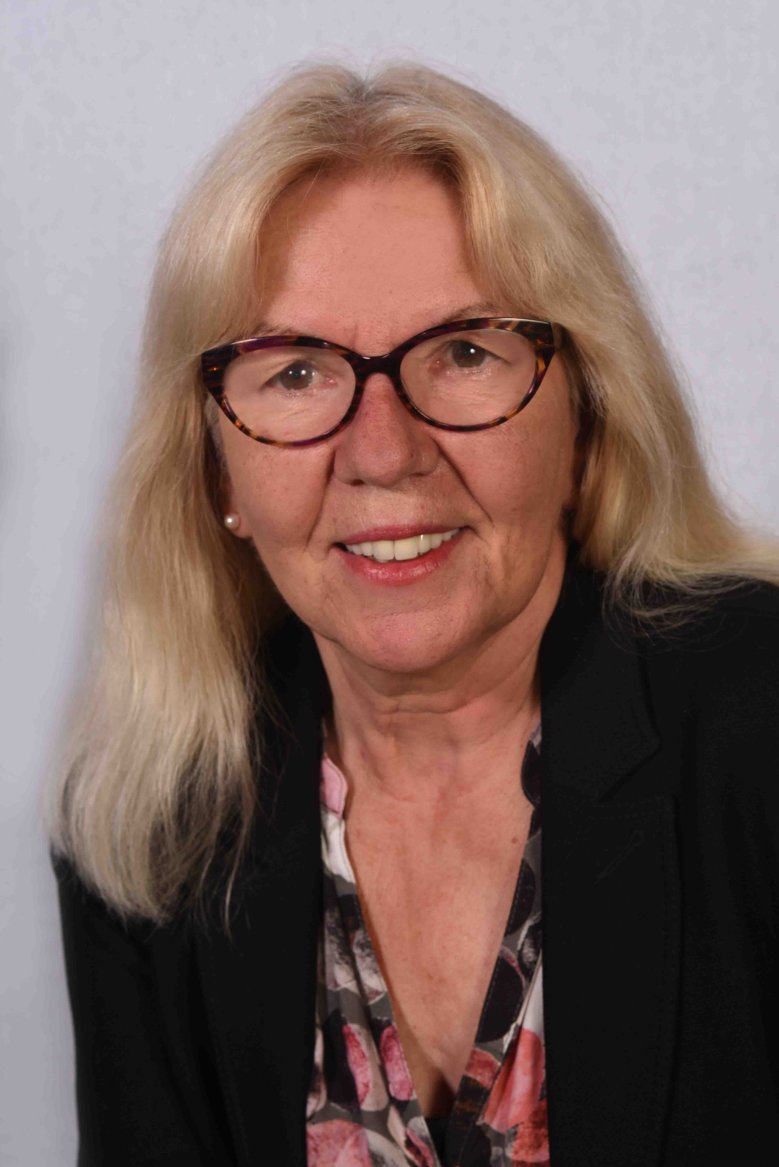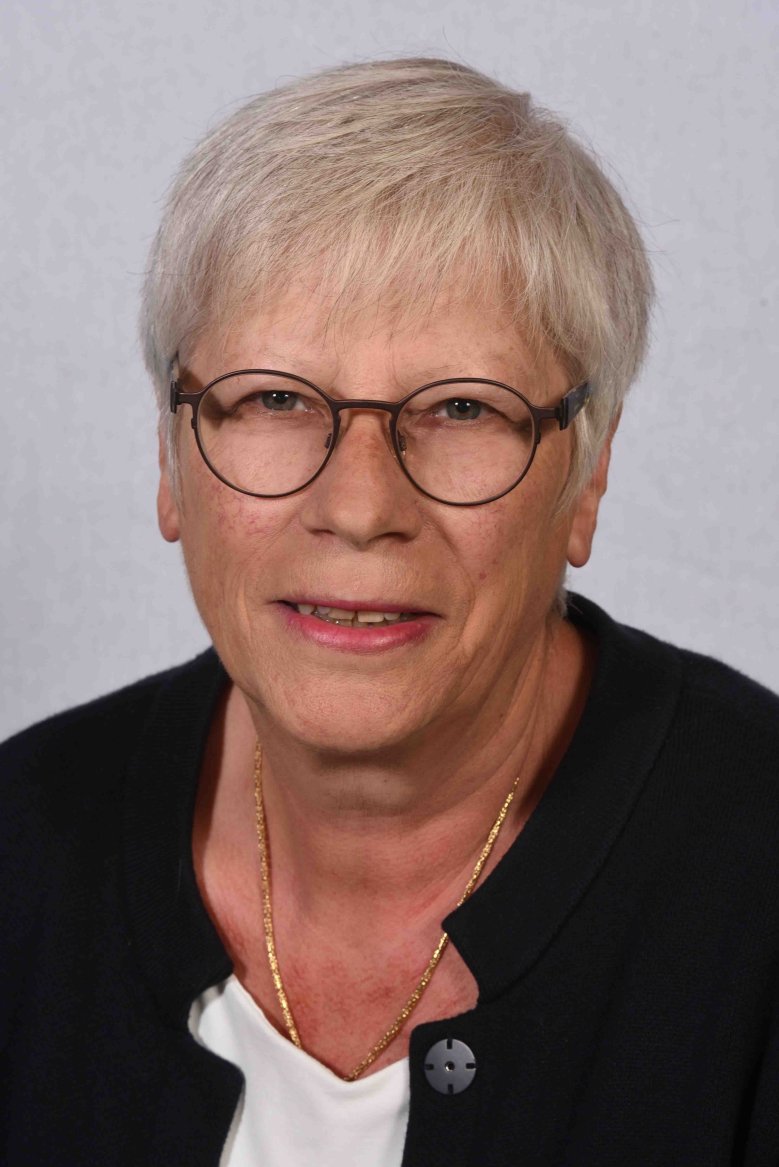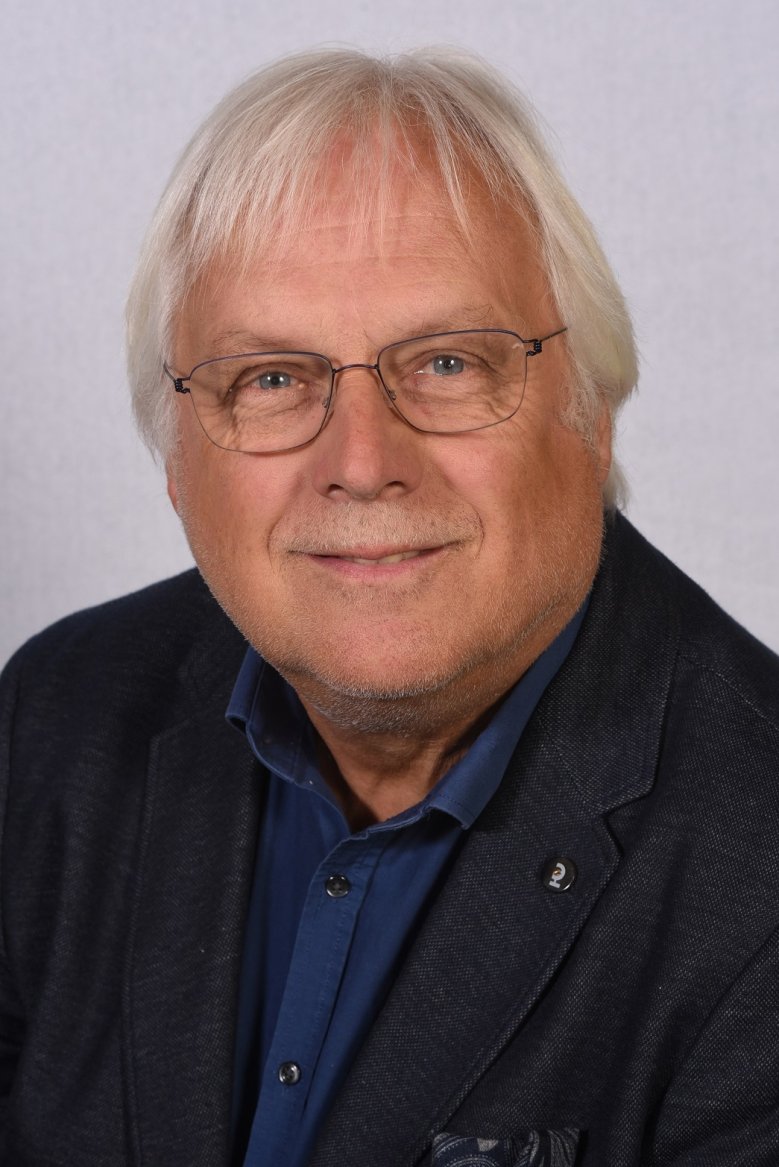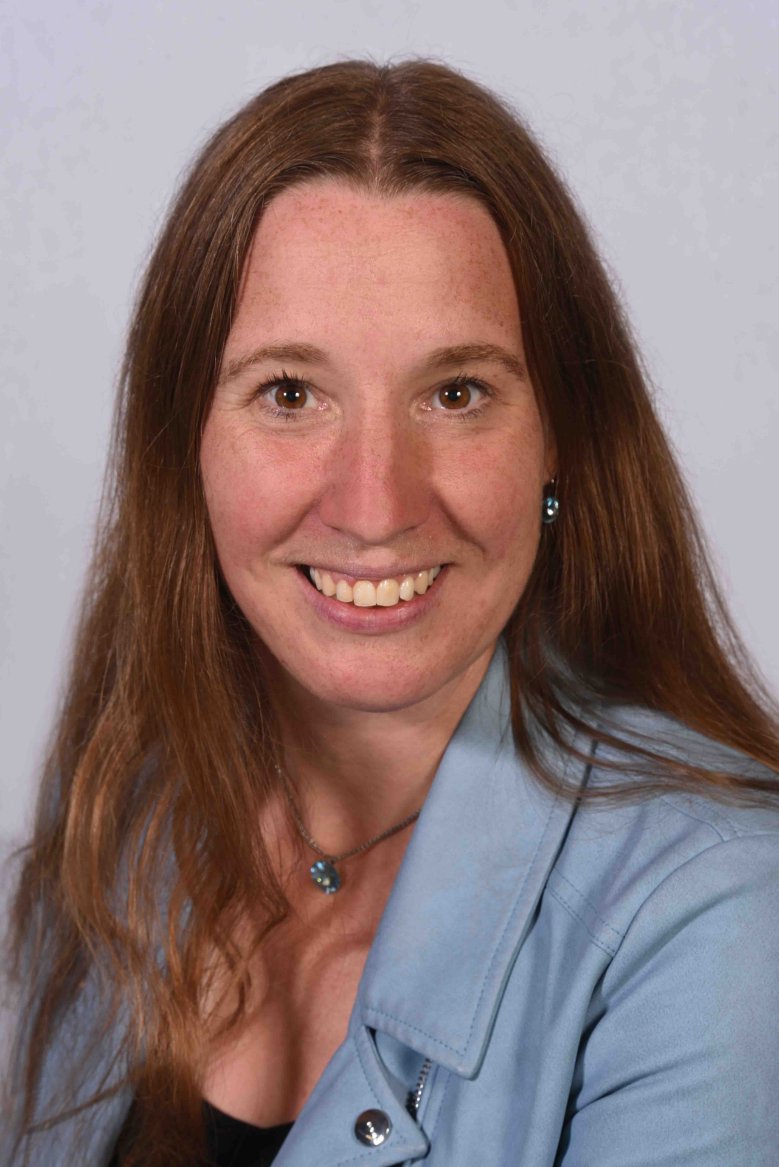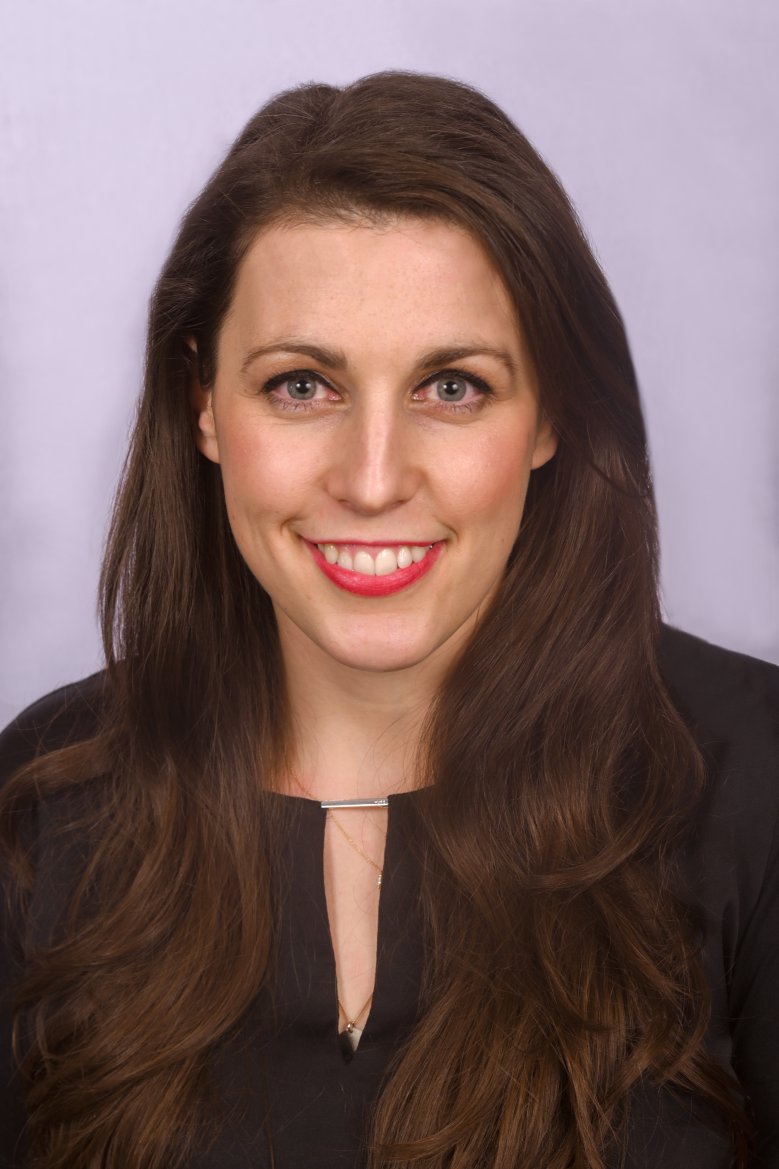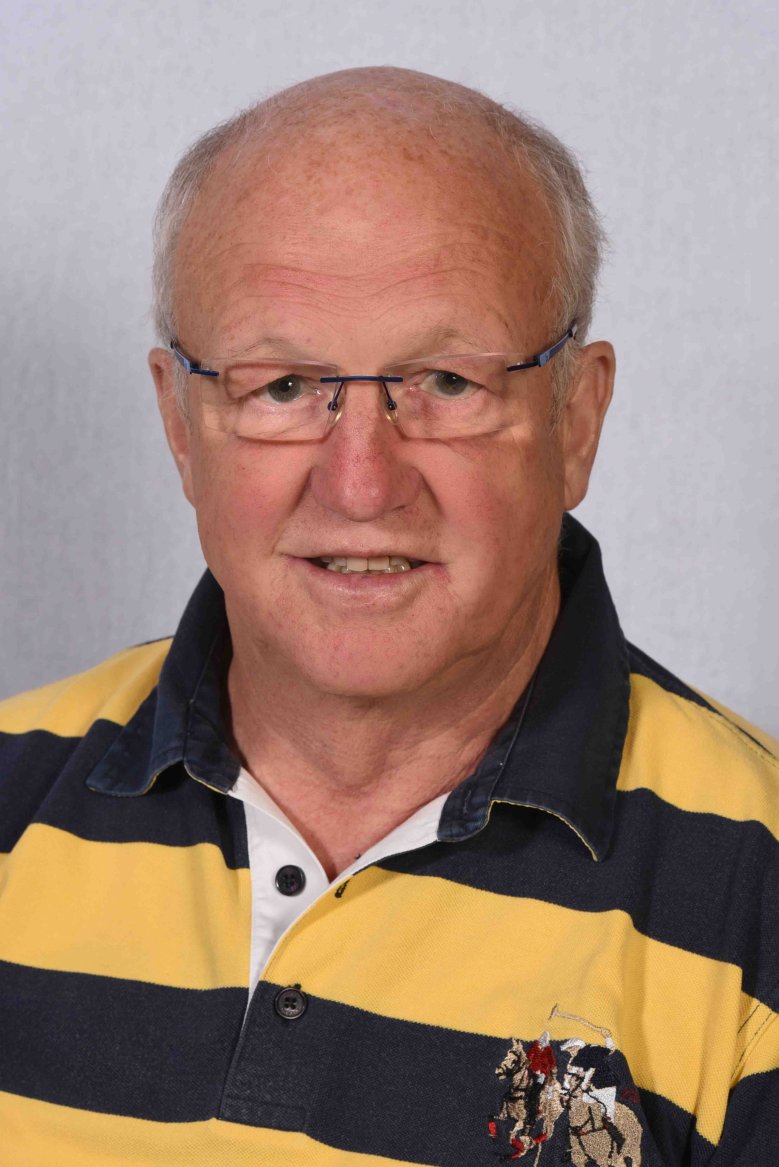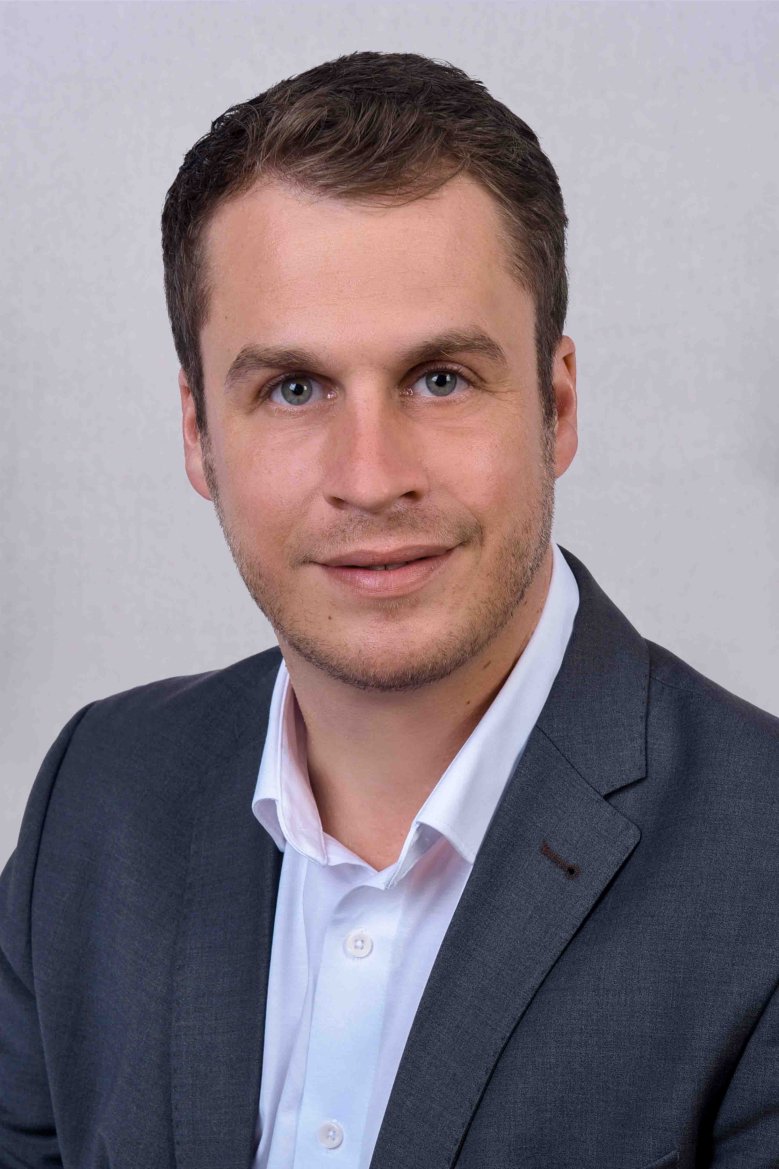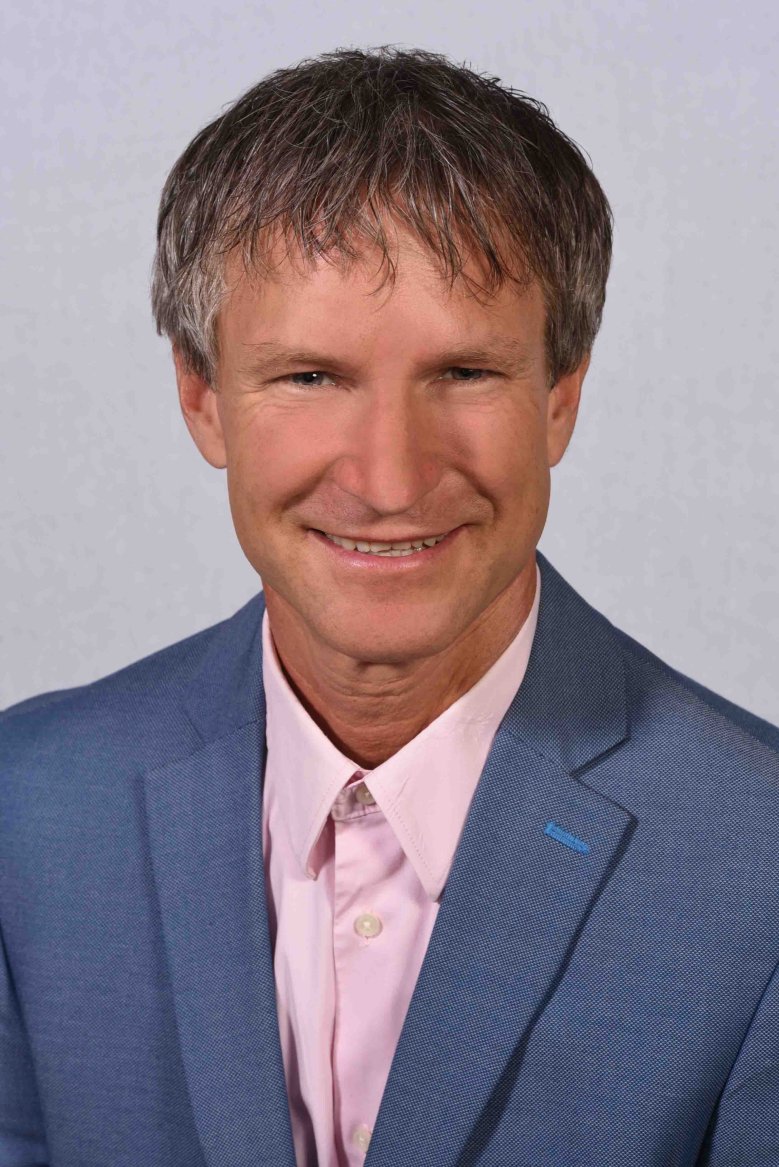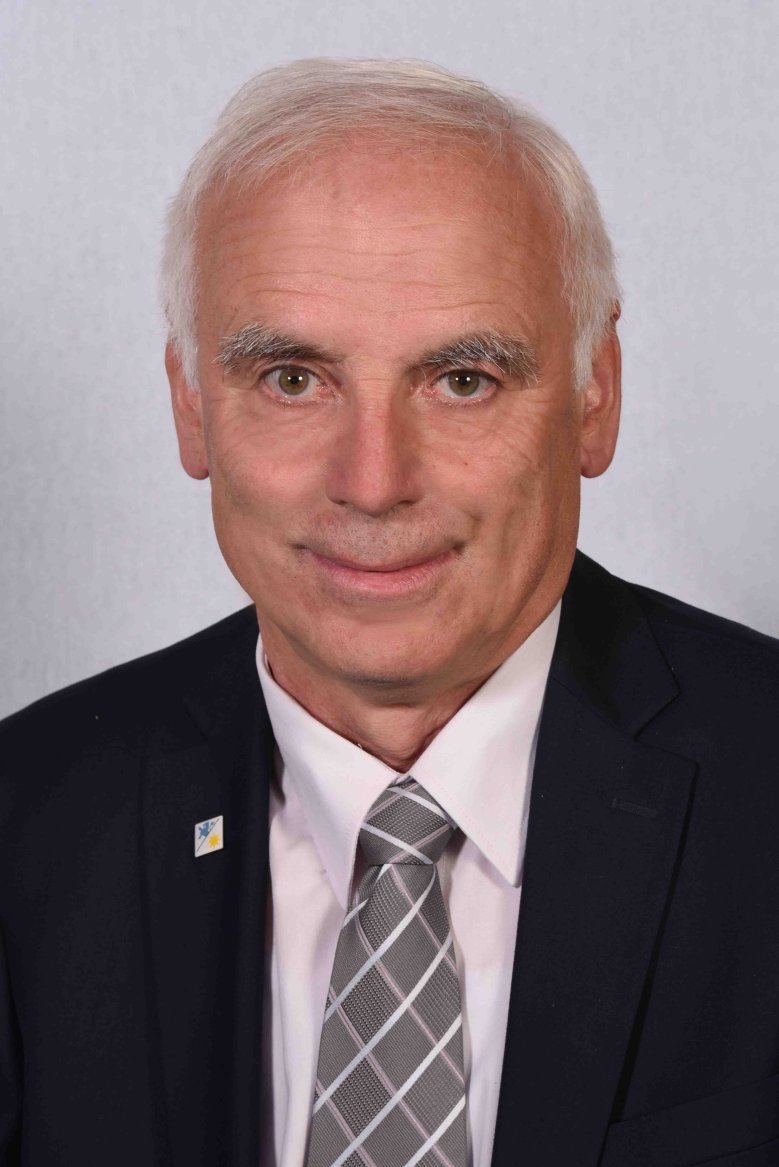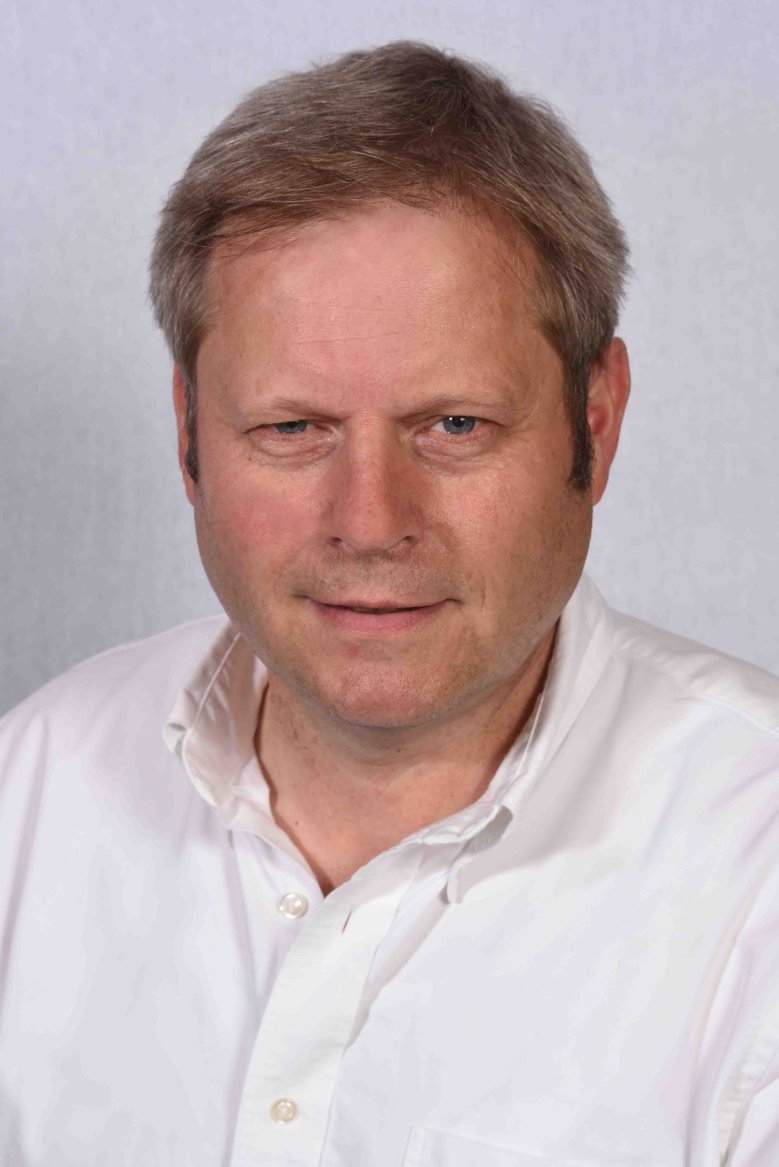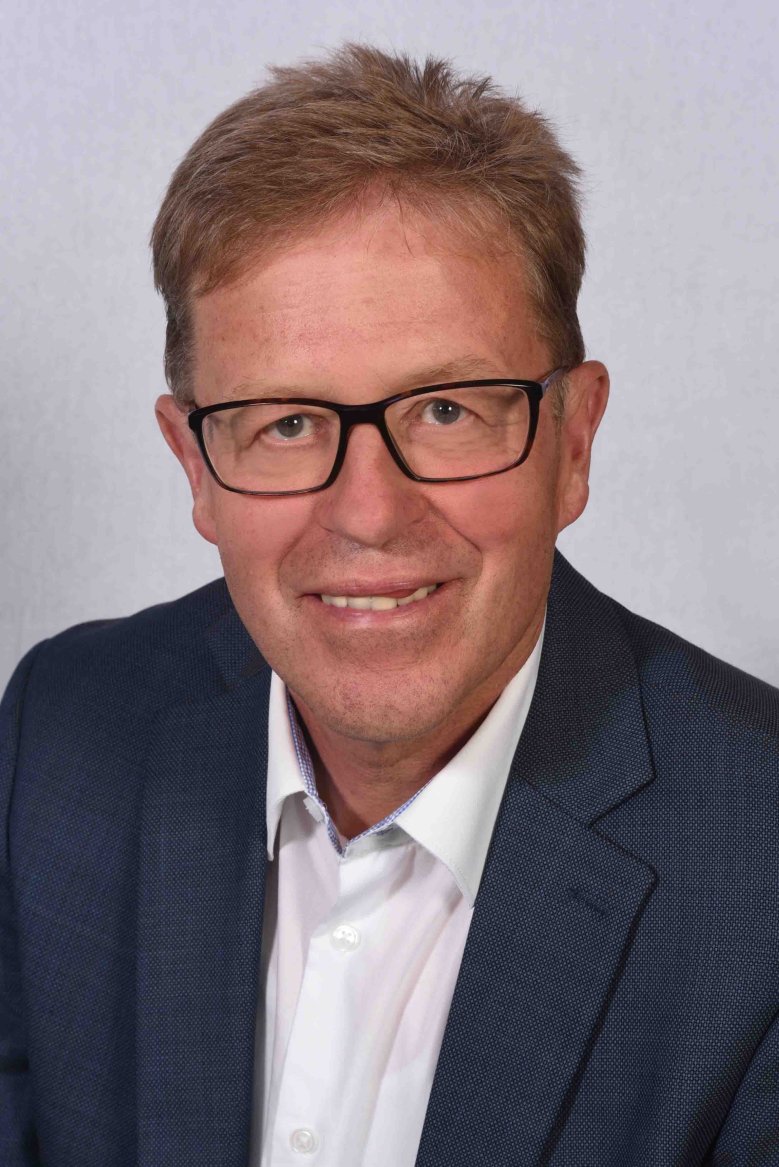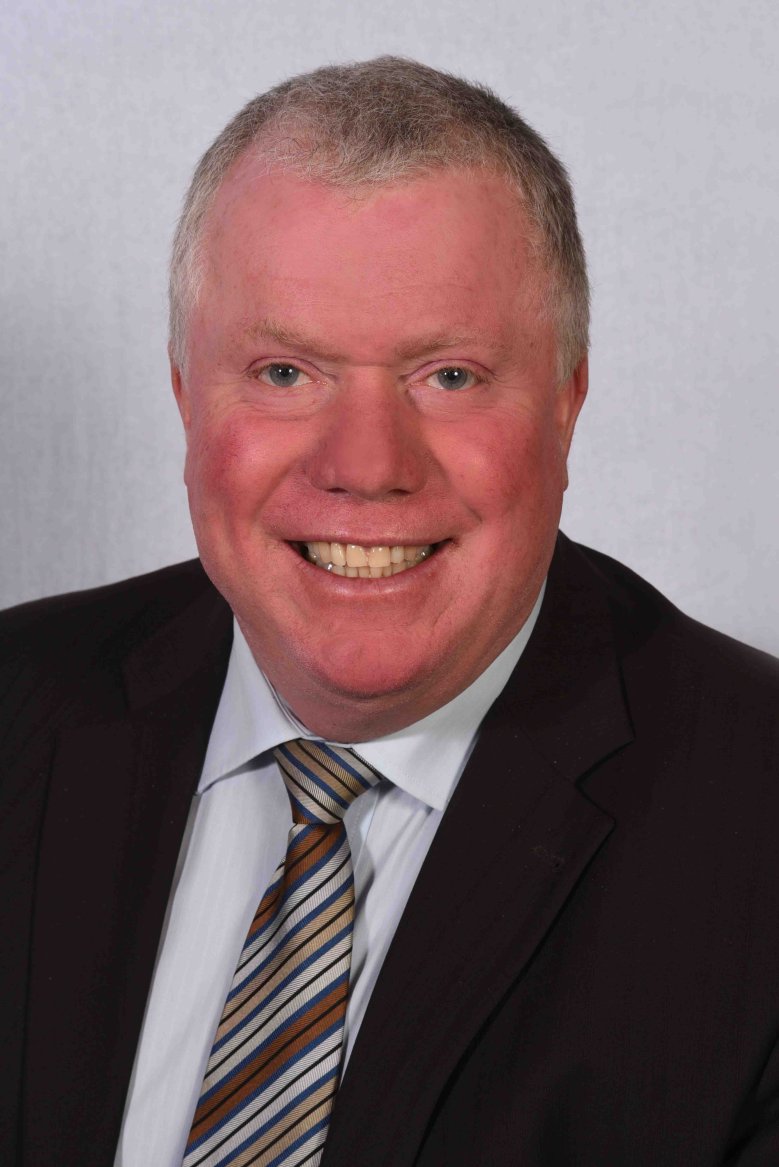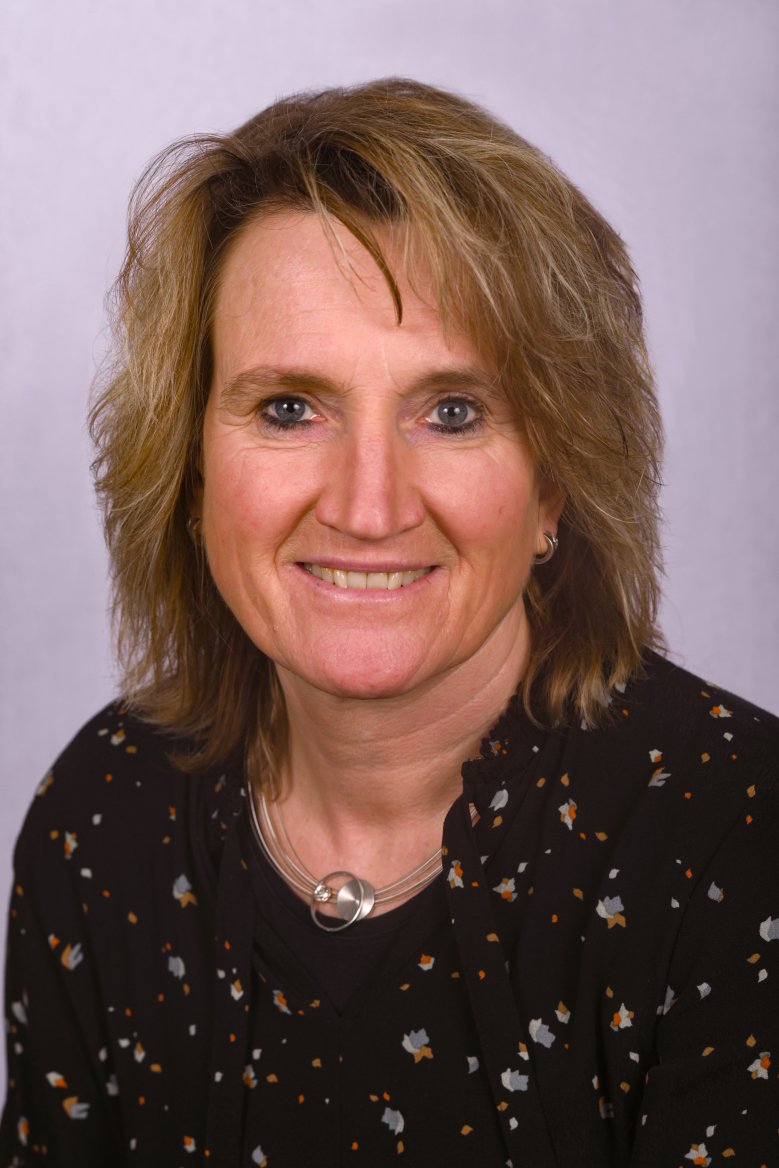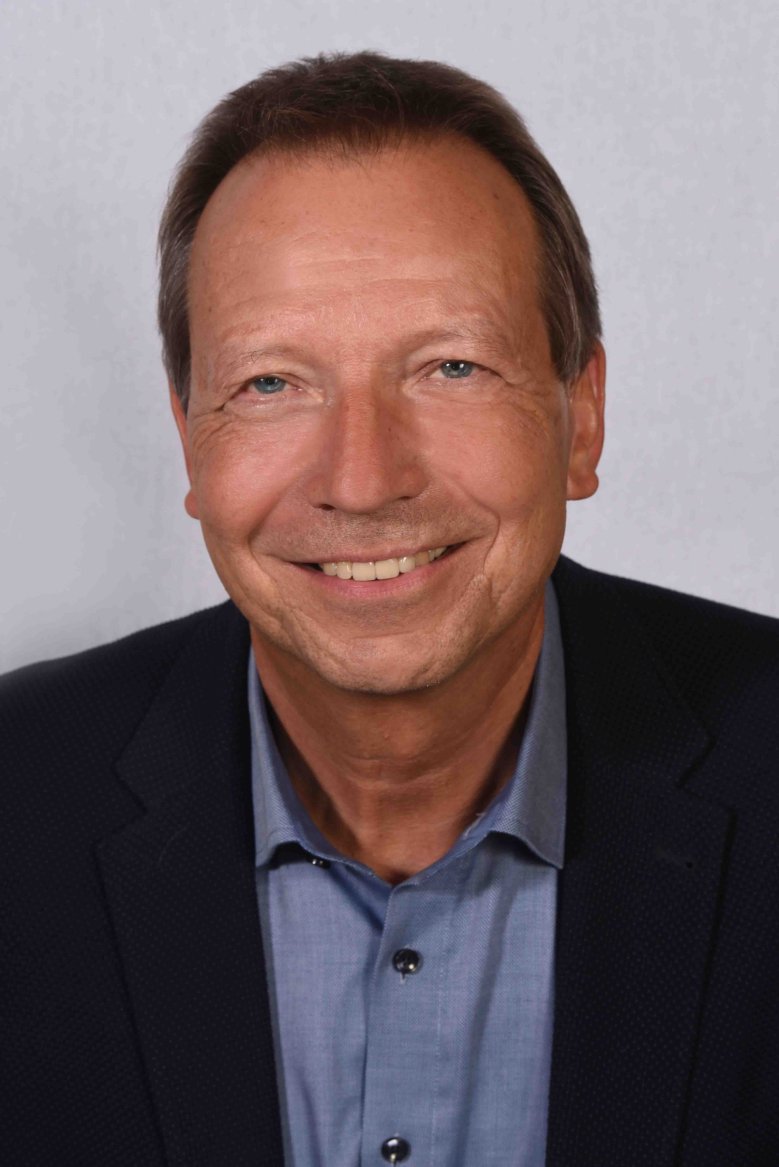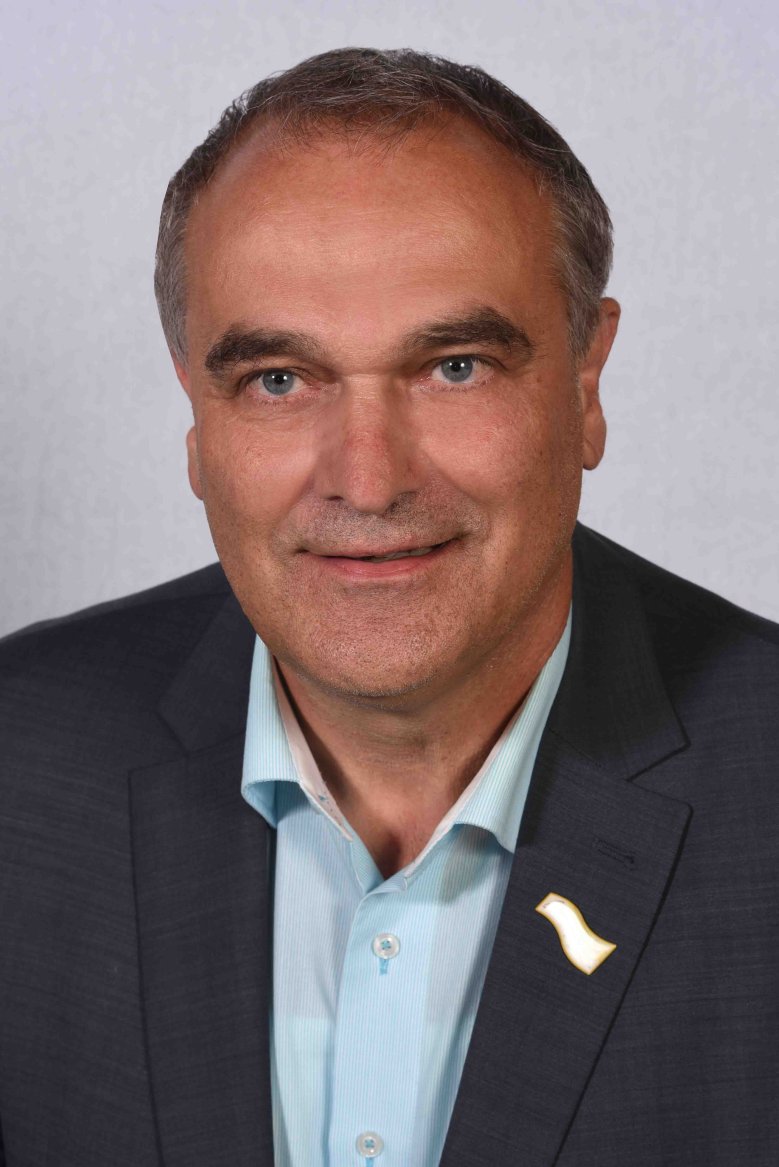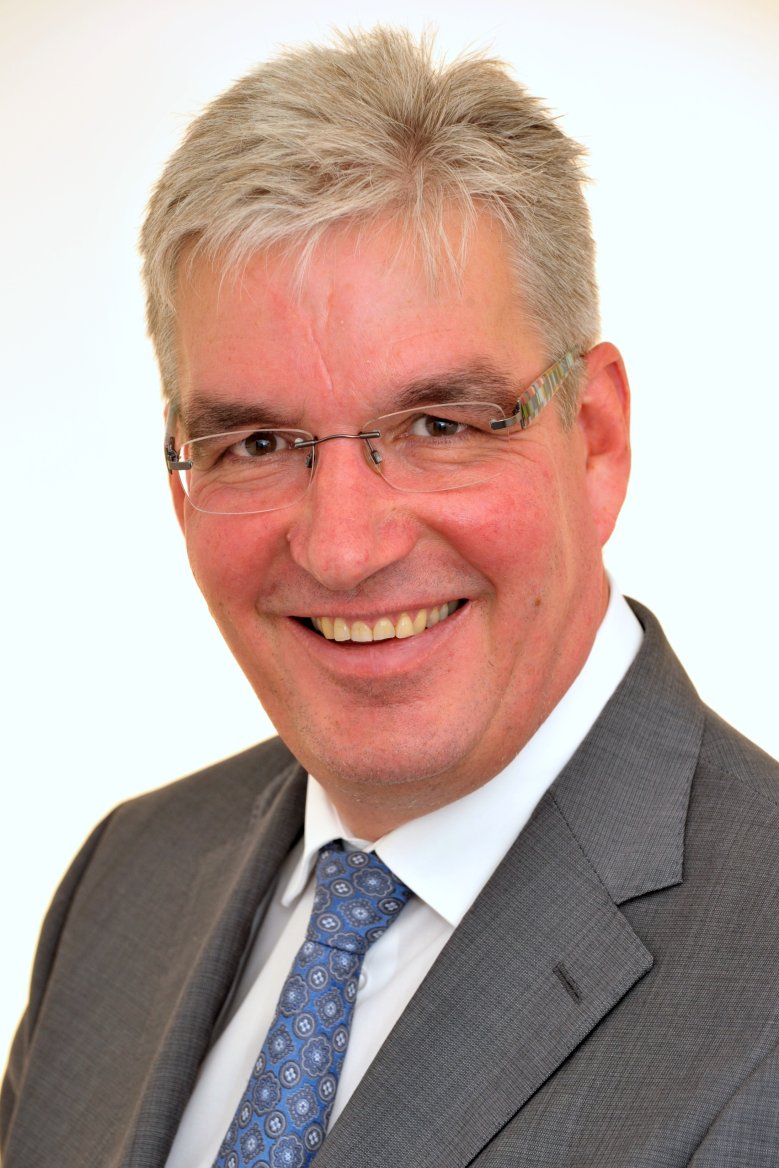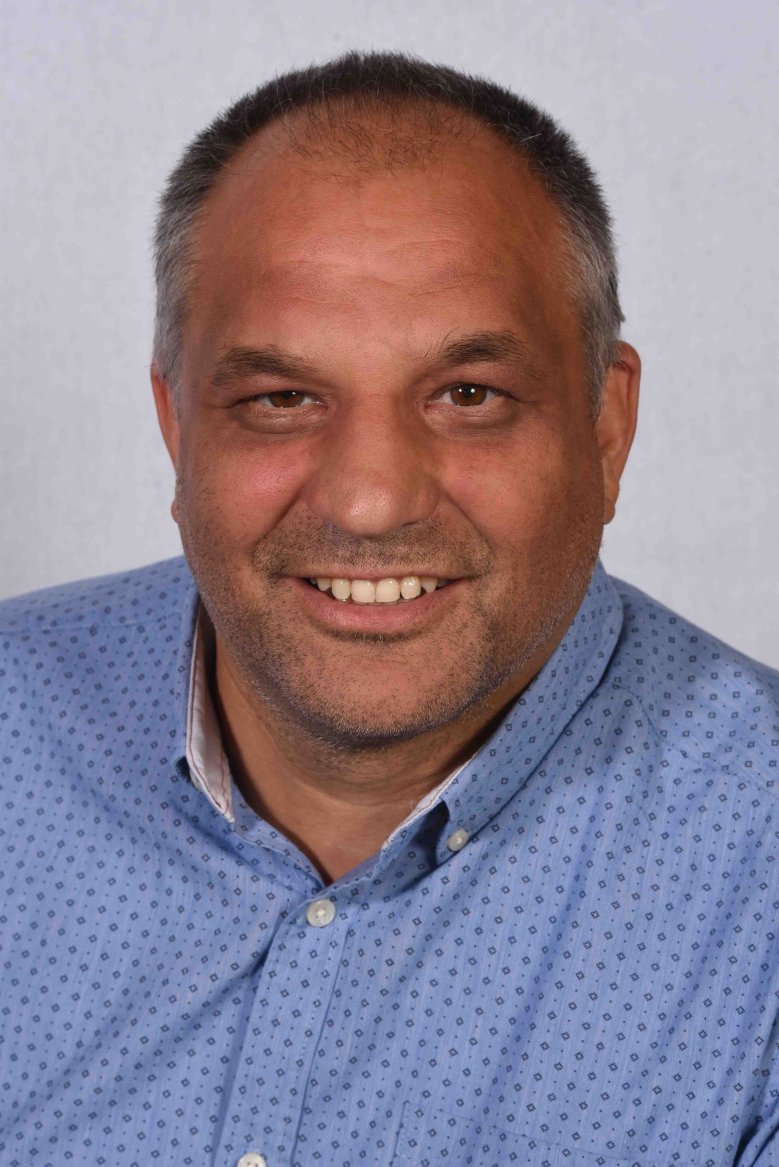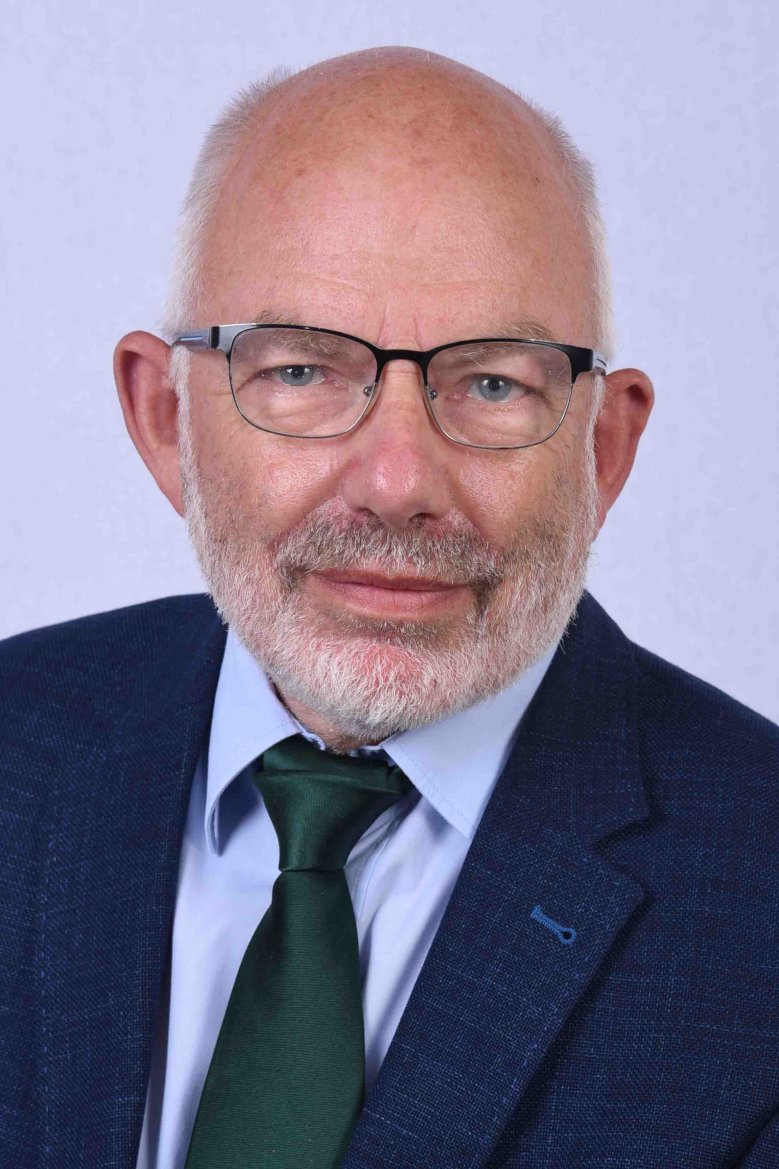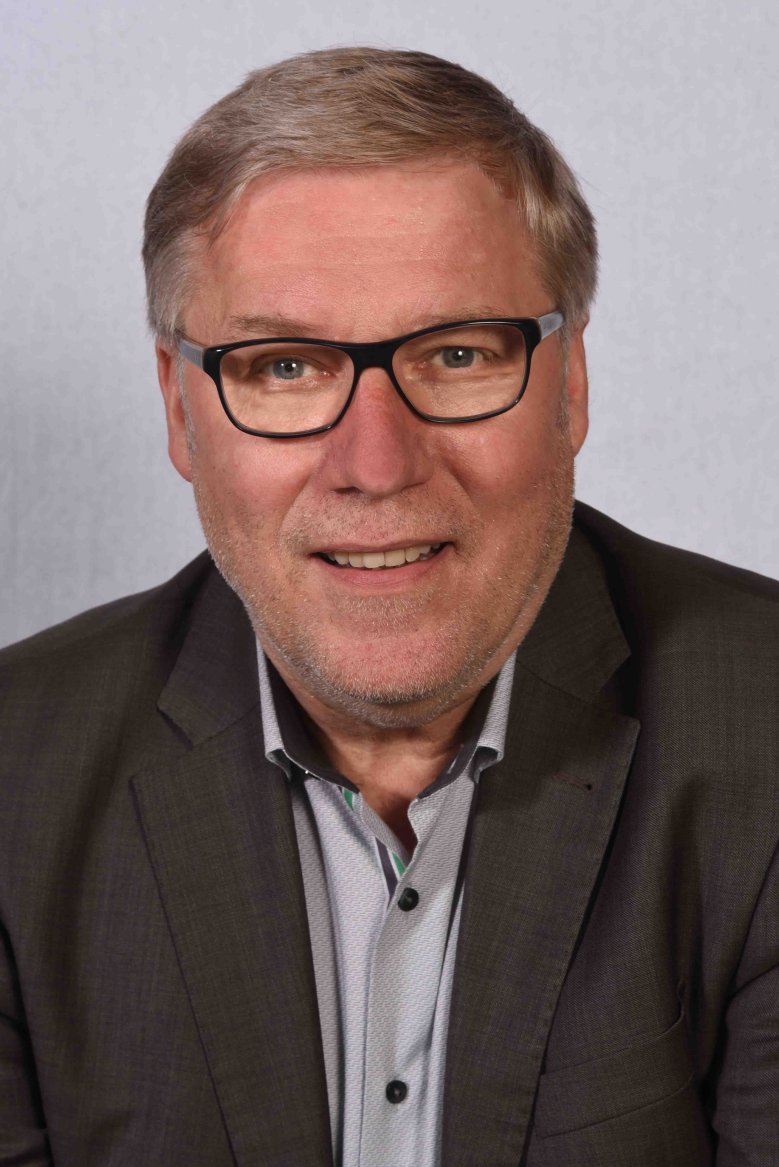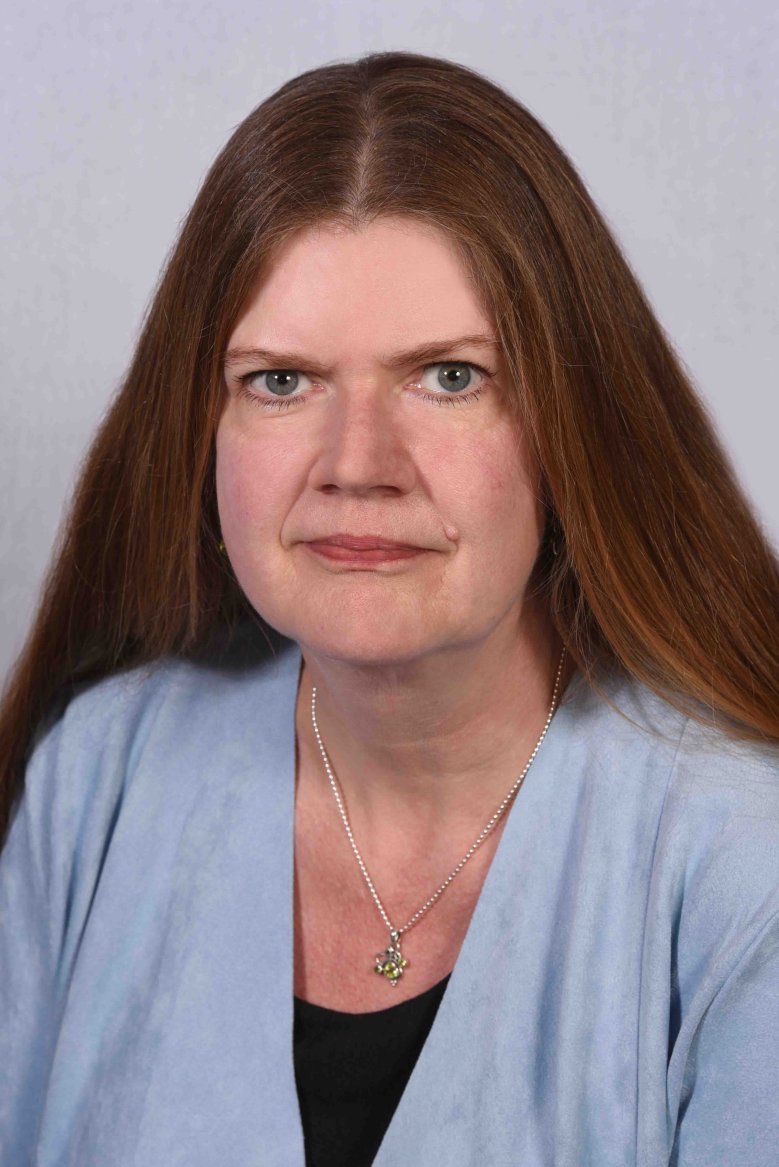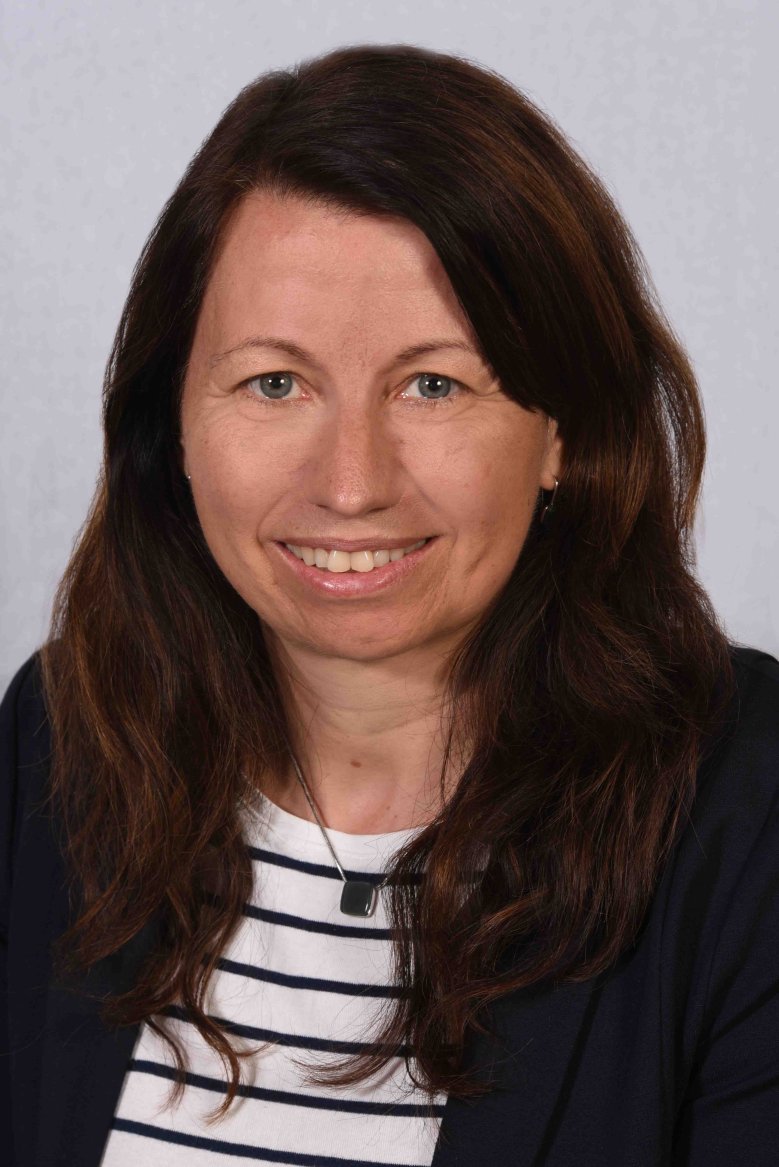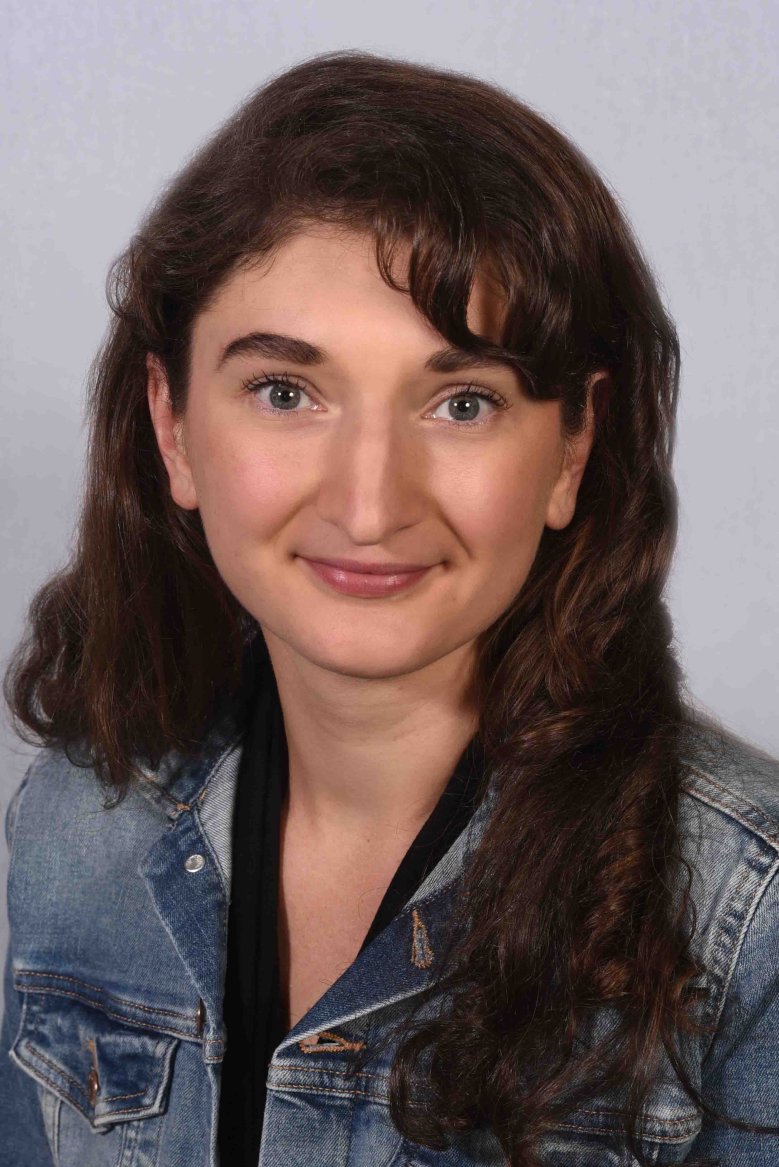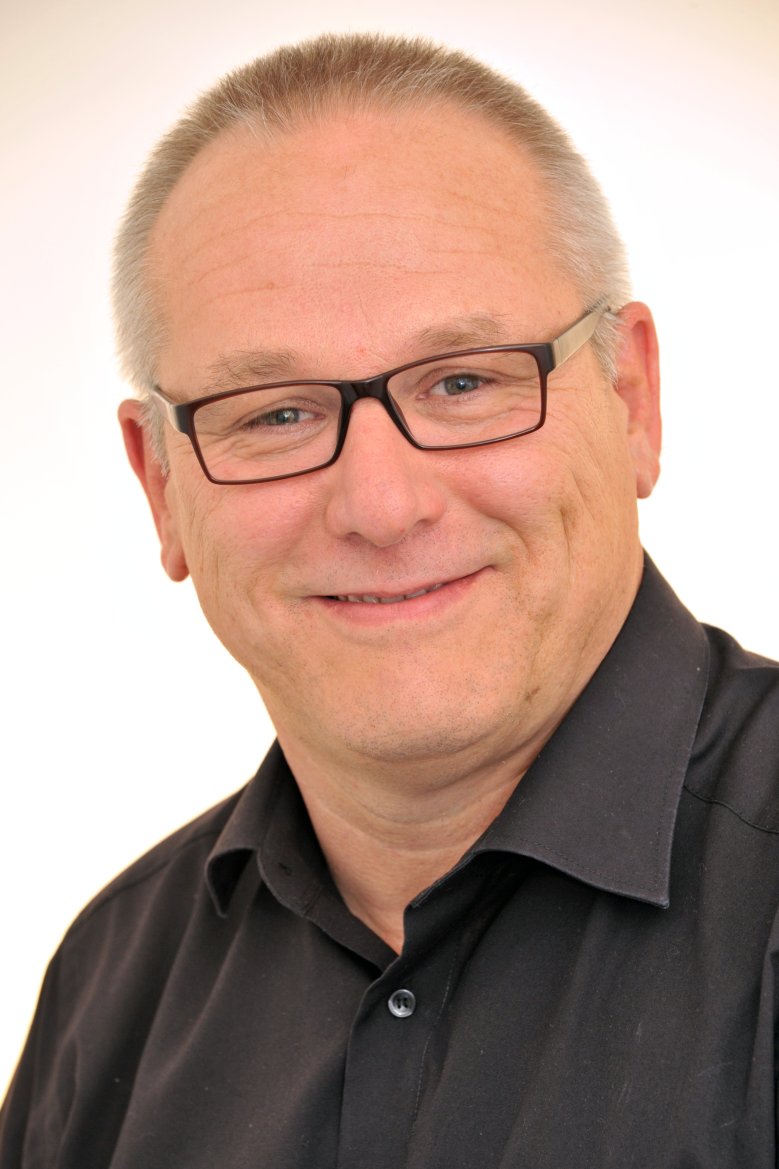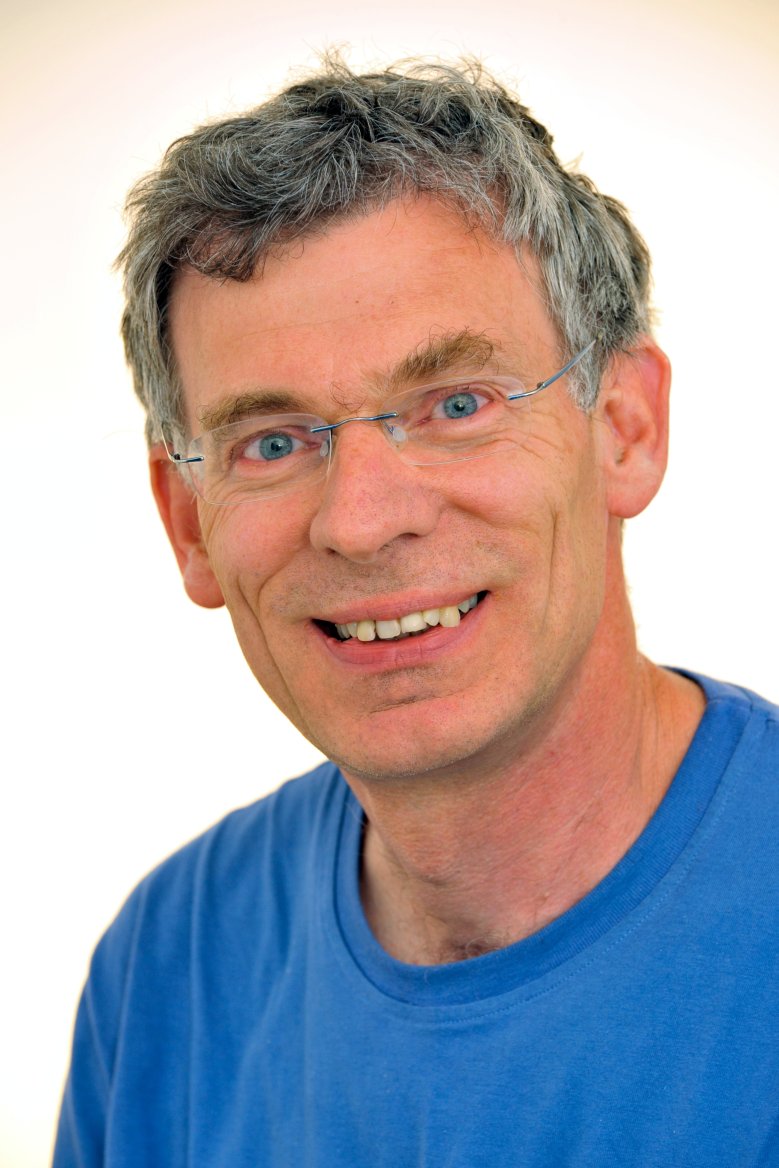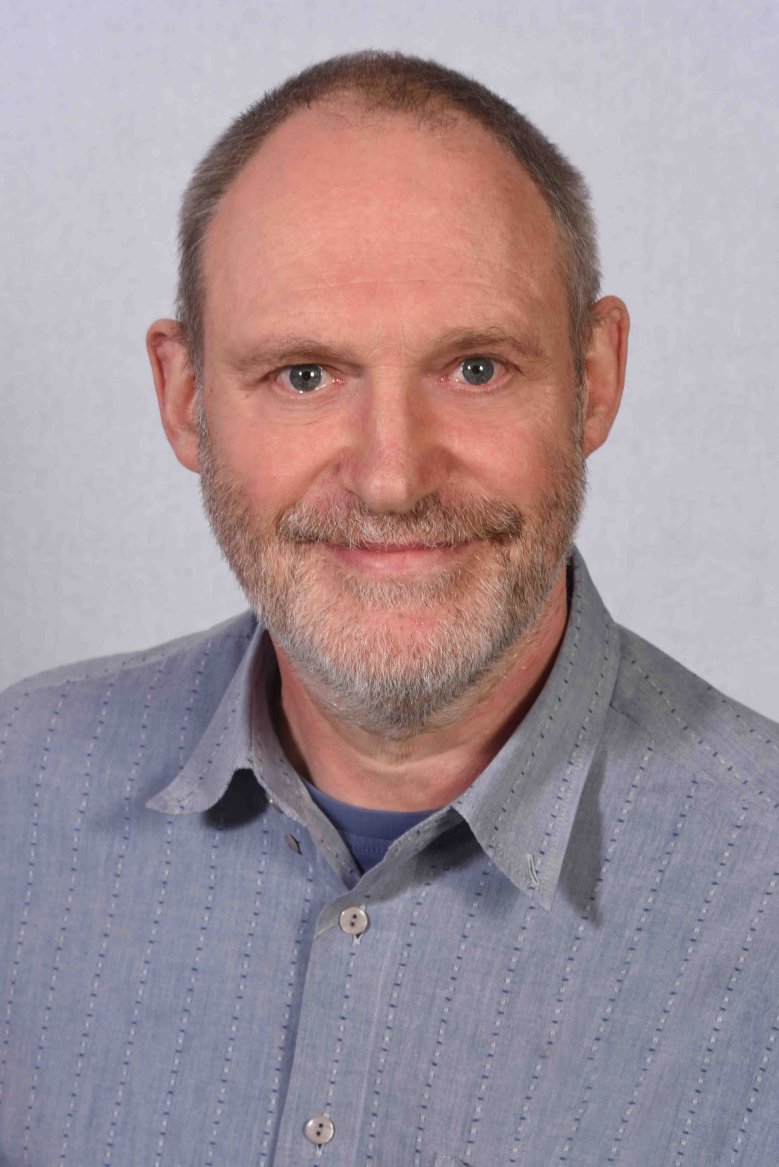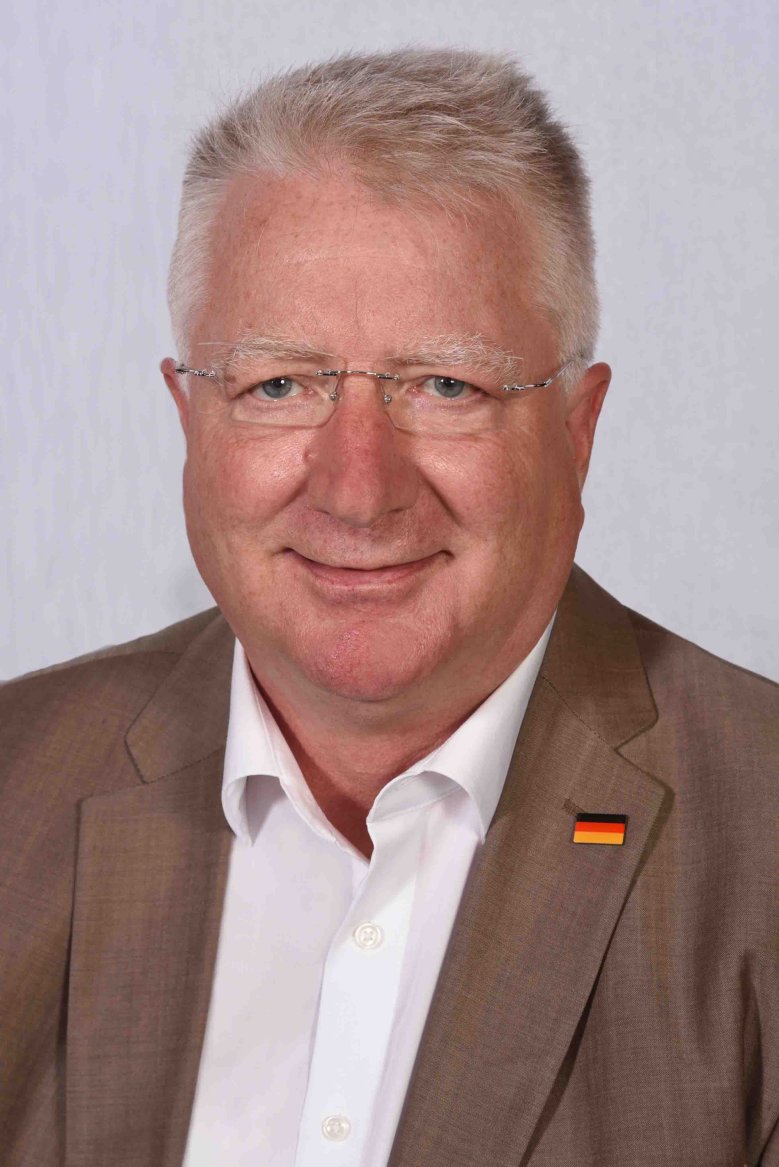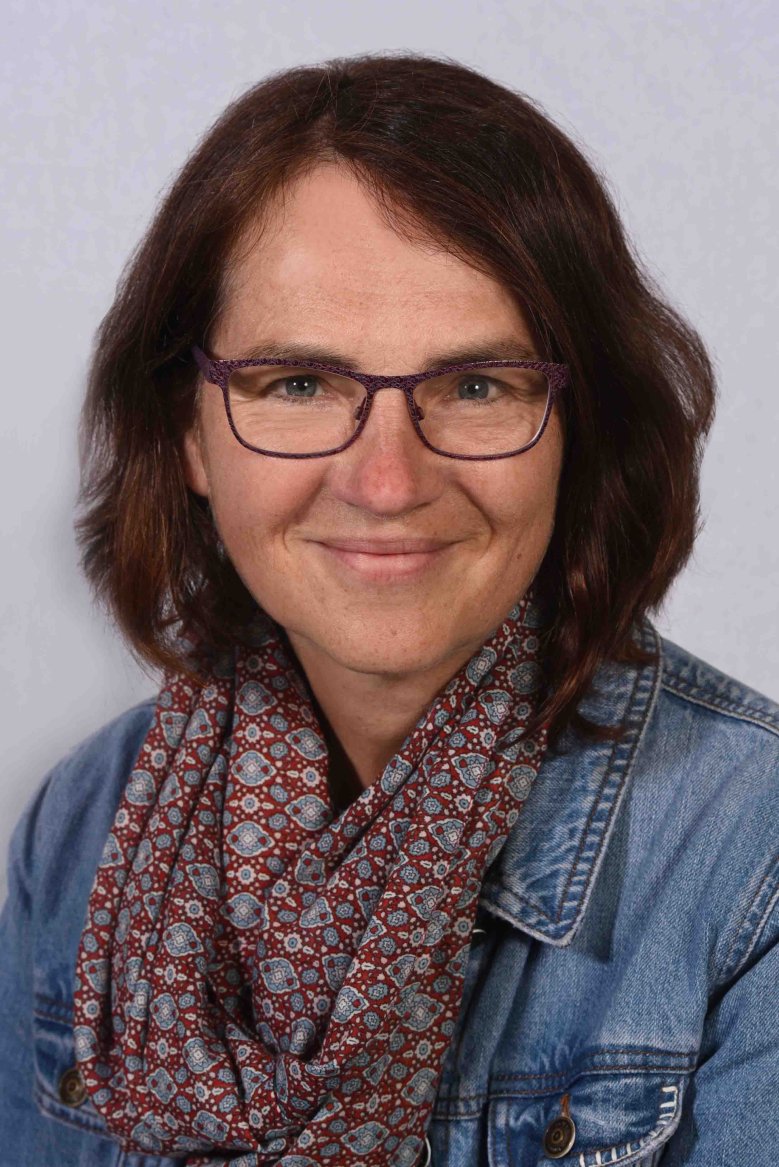County Council
County Council
The district of Waldeck-Frankenberg has the right to self-administration guaranteed by the Basic Law. It is thus authorised to regulate all matters of the local community in the district area on its own responsibility within the framework of the law. Like the Basic Law for the Federal Republic of Germany and the Constitution of the State of Hesse for the Land, the Hessian County Code (HKO) and the Hessian Municipal Code (HGO) contain the constitutional law for the districts and the towns and municipalities. The district acts through its organs, the district council and the district committee. Decisions are made in both bodies, which the district committee must carry out with the help of the administration.
Tasks
As the highest organ of the district, the district council makes all important decisions. It determines the guidelines for district policy. It is also responsible for supervising the entire administration. It extends exclusively to the municipal administration (not to the functions incumbent on the district administrator as an authority of the state administration) and can take various forms. The district committee, on the other hand, is responsible for the day-to-day administration of the district.
The fundamental decisions of the district council include, for example:
- Adoption of the budget statutes and the resolution on the budget
- Enactment, amendment and repeal of bylaws
- Carrying out the elections assigned to the district council by law (district councillors, district committee, etc.)
- Adoption of resolutions on the establishment, expansion, takeover and sale of public institutions and economic enterprises as well as the participation in such institutions and enterprises
- Issuing general principles, guidelines and plans according to which the administration is to be run
Mode of operation
The district council meets at least four times a year. To ensure that every citizen can attend the meetings as an audience member, the dates are advertised to the public. The chairperson of the district council invites the district council to the meeting. The agenda included in the invitation specifies the topics to be discussed by the district council. The agenda is drawn up by the chairperson of the district council together with the district committee. The agenda may include:
- Applications
- Major requests
- the question time
- Submissions of the County Committee (Administrative Items)
- Reports of the district council committees on motions or submissions
- Elections
Seating arrangement
The seating arrangement in the district parliament is based on the seating arrangement in the state and federal parliaments. It is based on developments that can be traced back to the French Revolution. After the fall of Napoleon, the classical distinction between "left" and "right" was formed in the French Chamber of Deputies. This seating arrangement gave rise to the designation of political party factions. In all parliamentary groups, the chairpersons - and, if available, the members of the parliamentary group executive - sit in the front row. The distribution of the remaining seats is handled differently in the individual parliamentary groups - for example, according to the order of the district councillors on the election proposals for the district election.
Course of the meeting
The procedure for deliberations and resolutions in the District Council is governed by the provisions of the Hessische Landkreisordnung (HKO), the Hessische Gemeindeordnung (HGO) and the Rules of Procedure for the District Council. The chairperson of the district council then opens the meeting and establishes the quorum of the district council. A quorum exists if more than half of the statutory number of members of the district council are present. Thus, out of 71 deputies, at least 36 deputies must attend the meeting. If fewer deputies are present, the district parliament has no quorum. In this case, it cannot pass any legally effective resolutions. Before the first item on the agenda is discussed, the district parliament has the possibility to add further items to the agenda, to change the order of the items, to cancel items on the agenda and to set the speaking time for the individual items on the agenda. This requires a district council resolution.
The Rules of Procedure contain provisions on the limitation of speaking time in the county council. The aim of these regulatory provisions is to limit the duration of district council meetings. The Council of Elders may set an equal speaking time for all parliamentary groups for individual items on the agenda of the district council meeting. The agreement is announced to the district council at the beginning of the meeting by the chairperson of the district council. The county council has the option of changing the speaking time set by the council of elders by resolution. The county committee must be heard at any time on the subject of the proceedings. As a rule, it too should not exceed the speaking time set for a parliamentary group. If the county committee requires a longer speaking time than that set for the individual parliamentary groups, the speaking time for the parliamentary groups is also extended accordingly. In addition, there are further special regulations for parliamentary groups.
After the speaking time limits of the individual agenda items have been settled, the chairperson of the district council calls the individual agenda items for discussion and thus opens the debate. No member of the district council may speak unless the chairman of the district council has given him the floor. Depending on the type of agenda item, the deliberation procedure may vary. Motions are first justified by the proposer. The debate on the respective motion then follows. In the case of major questions, after the item on the agenda has been called, the political group requesting the floor is given the floor to explain its reasons. If necessary, further requests to speak follow. Submissions of the district committee are justified by the chairperson of the district committee or the responsible department head - unless this has already been done sufficiently in written form. If district council committees have discussed a district committee bill, the opinion of the district committee is followed by the committee reports. The rapporteurs are the committee chairpersons.
As a rule, the district council passes its resolutions by a simple majority of votes. Only in special cases is a majority or a 2/3 majority of the legal number of votes required. Motions, proposed resolutions by the district committee or the district council committees, amendments and points of order may form the basis for resolutions. Voting shall take place only after the deliberations have been concluded. The vote is taken by show of hands. The chairman of the county council determines the result of the vote. A roll-call vote takes place at the request of a parliamentary group or at the request of at least 20 members of the district council. Each member of the district council shall then be asked by the chairman of the district council whether he or she agrees with the respective proposal for a resolution, rejects it or abstains from voting. The minutes of the meeting must then record how each deputy voted.
Election
The district council is elected by the residents of the Waldeck-Frankenberg district who are entitled to vote.Every German who has reached the age of 18 on election day and has lived in the district area for at least three months is entitled to vote. This is referred to as the active right to vote. Since 2001, the district council has been elected for a period of 5 years (election period), with the election period beginning on 1 April. Previously, the electoral period lasted 4 years. The number of MPs varies in the individual districts of Hesse, as it is based on the number of district inhabitants. In the district of Waldeck-Frankenberg, 71 deputies are to be elected. Those eligible to vote who have reached the age of 18 on election day and have been resident in the district for at least six months are eligible to be elected as district councillors. This is the right to stand for election.
Since the local elections in 2001, voters have been able to cast as many votes as there are seats to be allocated; in doing so, they can give each candidate up to three votes (cumulating) and thus influence the order of the candidates on their favoured election proposal. In addition, they no longer have to decide in favour of a certain party or electoral group, but can give their votes to candidates from different election proposals (panache). But of course they can also vote for a list as a whole and in an unchanged order, if they like it as it is presented.
The election proposals for the election of the district council are drawn up by the parties and electoral groups. The election proposals must bear the name of the party or electoral group as a password so that they can be clearly distinguished from each other and every voter is aware of which of the parties or electoral groups he or she is voting for. Each election proposal may contain any number of candidates. The candidates for the election proposals shall be nominated by secret ballot in a general meeting of the party or electoral group.
After the election has been held, the 71 seats for representatives must be distributed among the parties and electoral groups that participated in the election. Under the new municipal election law, proportional representation continues to apply. This means that the number of seats allocated to the individual election proposals is determined by the ratio of votes cast for the individual parties and electoral groups. When it comes to casting votes, the focus is now on personal votes. With the possibility of casting personal votes, voters gain a direct influence on which candidates of an election proposal receive seats: The number of votes they receive from the electorate is decisive - not the list position determined by the party. There is no longer a 5% barring clause.
Chairman of the District Council
The tasks of the chairman of the district council result from the provisions of municipal law, above all from the Hessian District Code (HKO). Accordingly, he has to set the agenda, the meeting time and place for the plenary sessions in close consultation with the district committee and the council of elders, and he invites the district council members to the meetings, observing the statutory time limits and formal requirements.
Fractions
An essential part of the work of the district council takes place in the parliamentary groups. They are the associations of members of the district council. They are represented externally by the chairperson of the parliamentary group.
Committees
The district council shall form committees from among its members to prepare its resolutions. They are auxiliary bodies of the district council to which certain matters may also be delegated for final decision-making.
Council of Elders
The Council of Elders of the Waldeck-Frankenberg district plans, coordinates and controls the functioning of the district council. It is composed of the chairpersons of the district council and the district council parliamentary groups.

